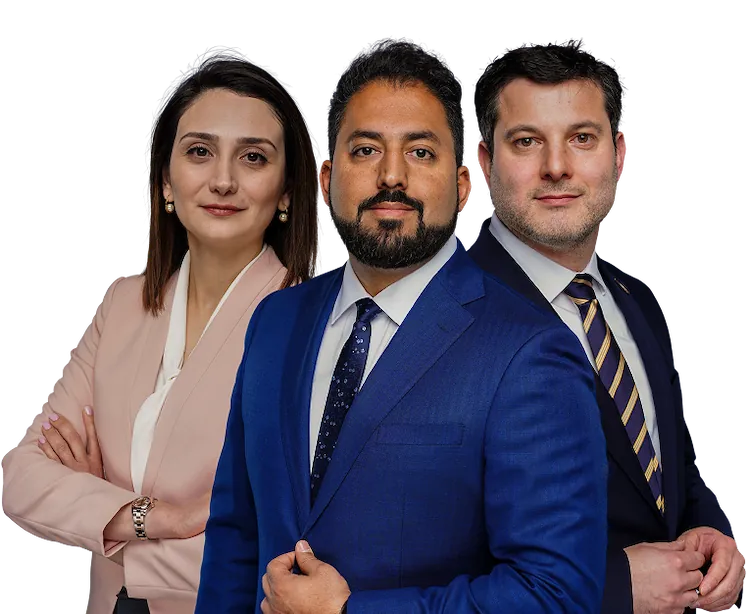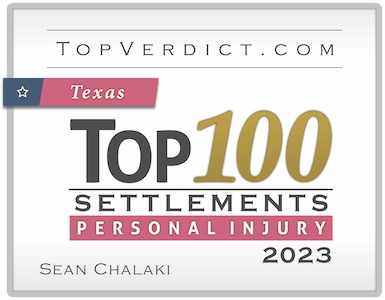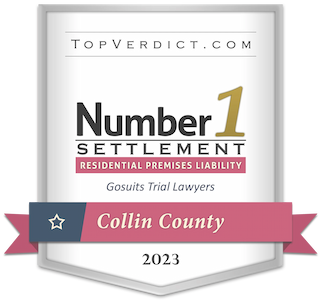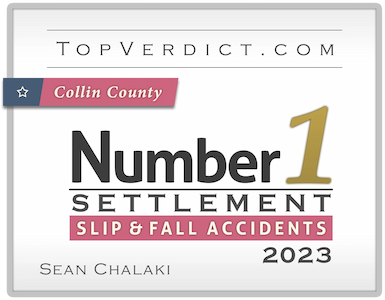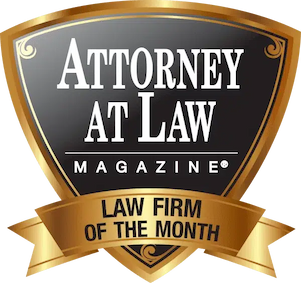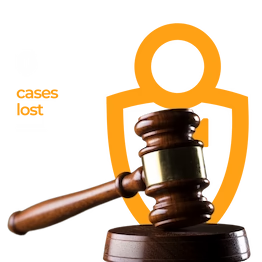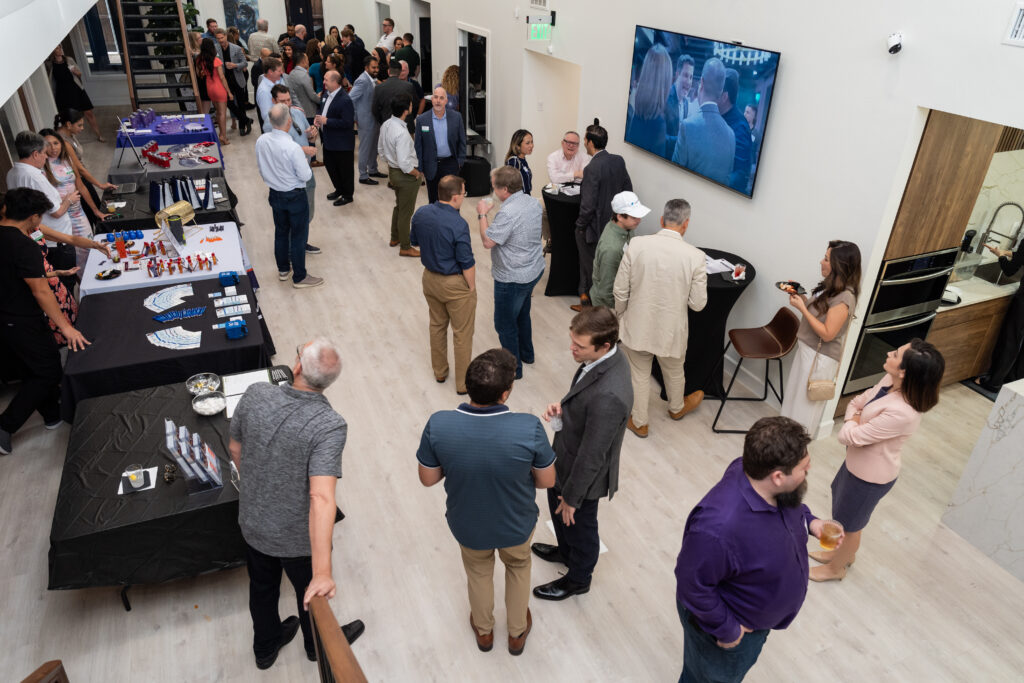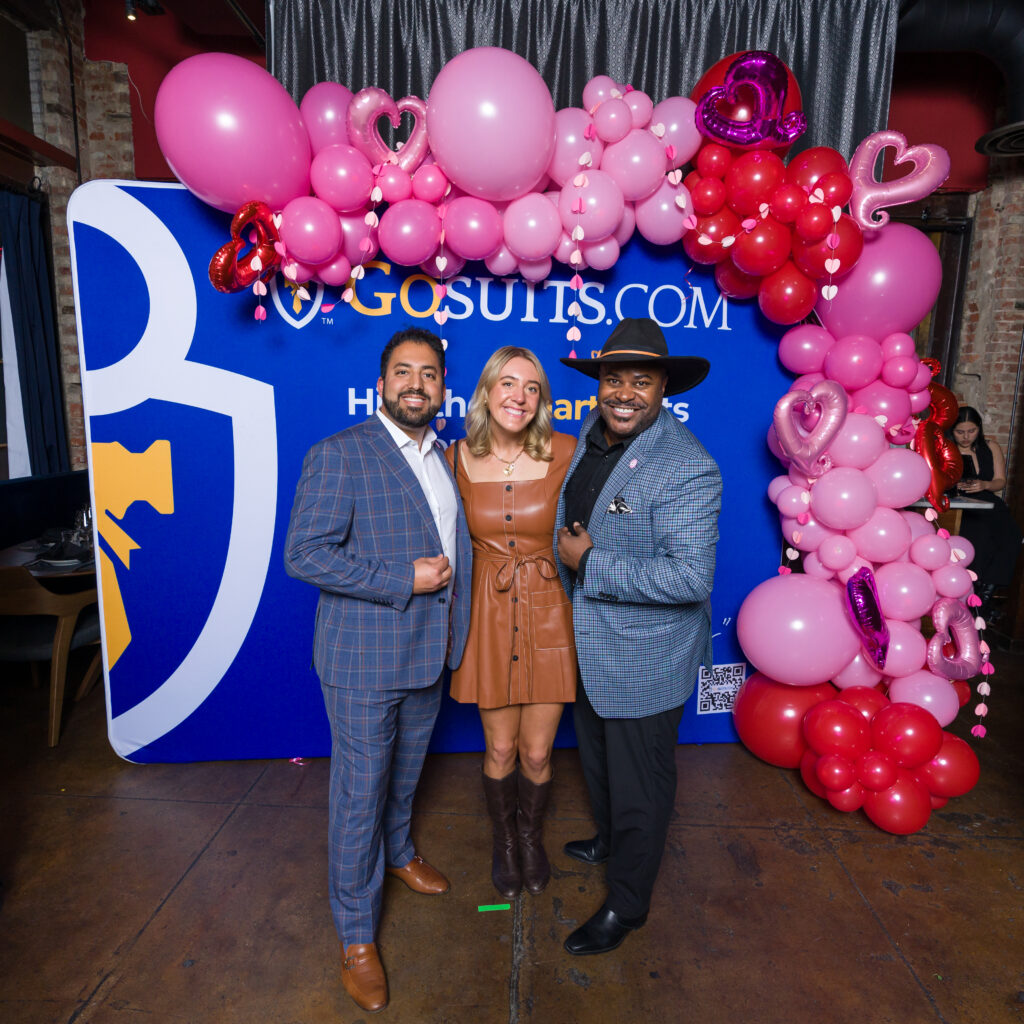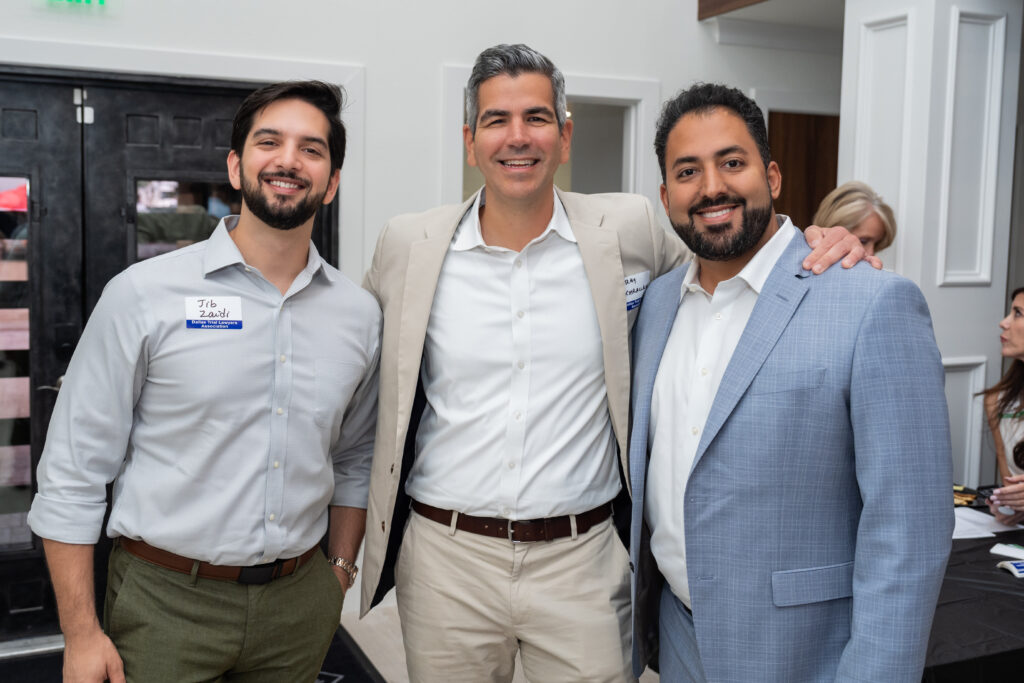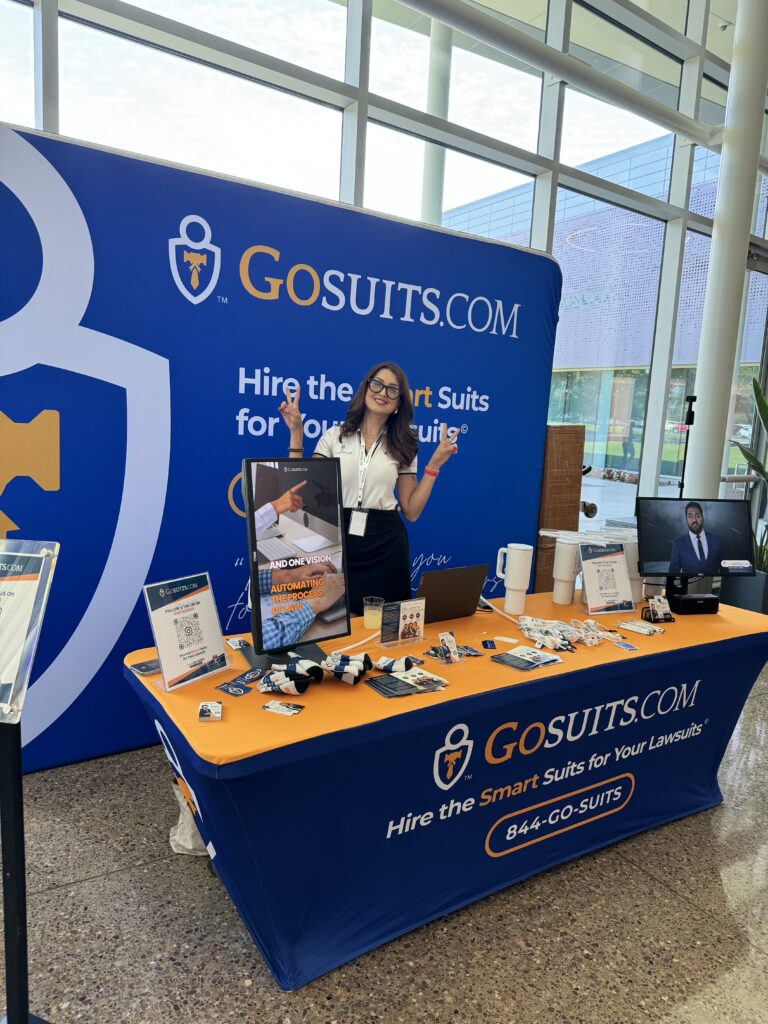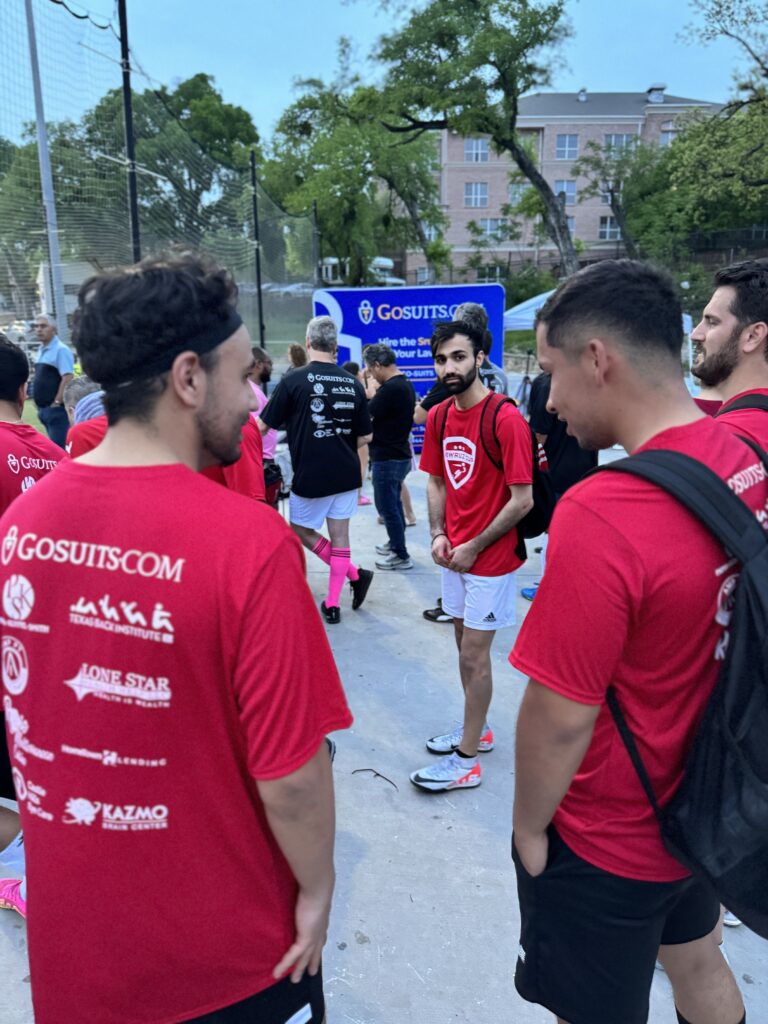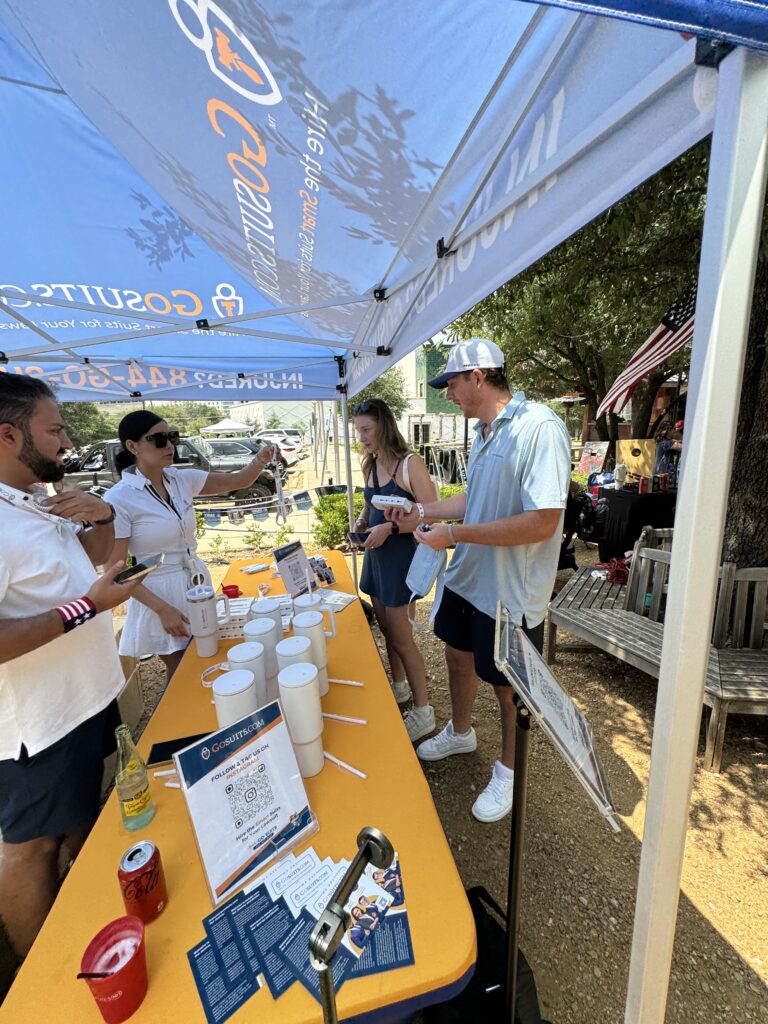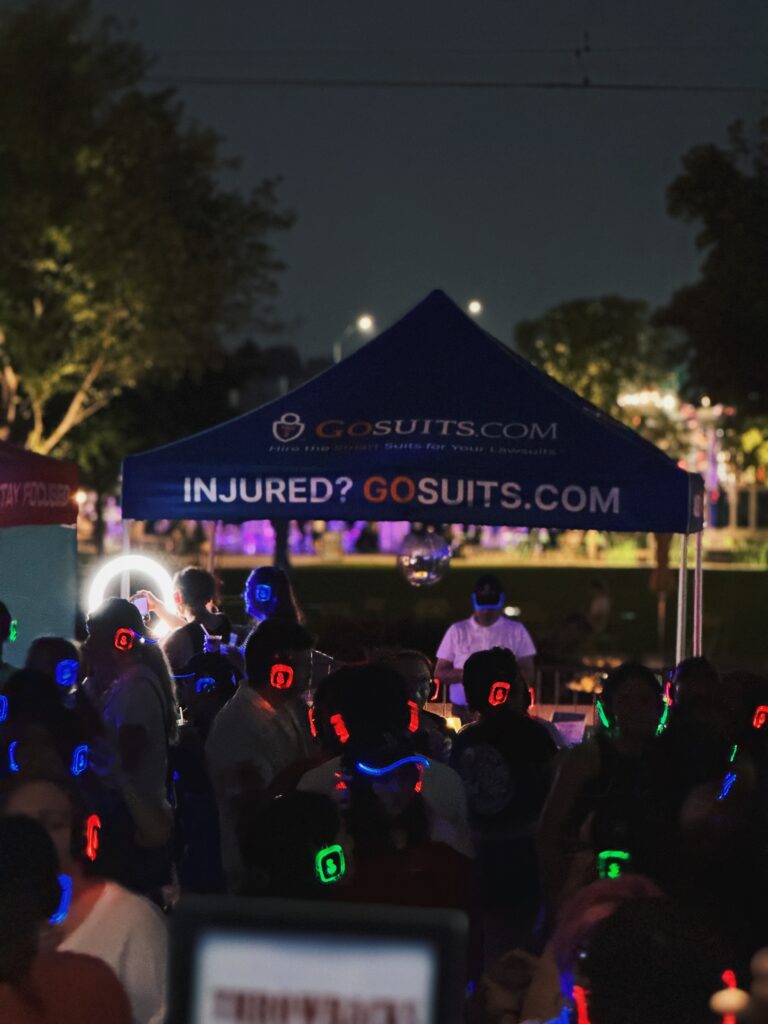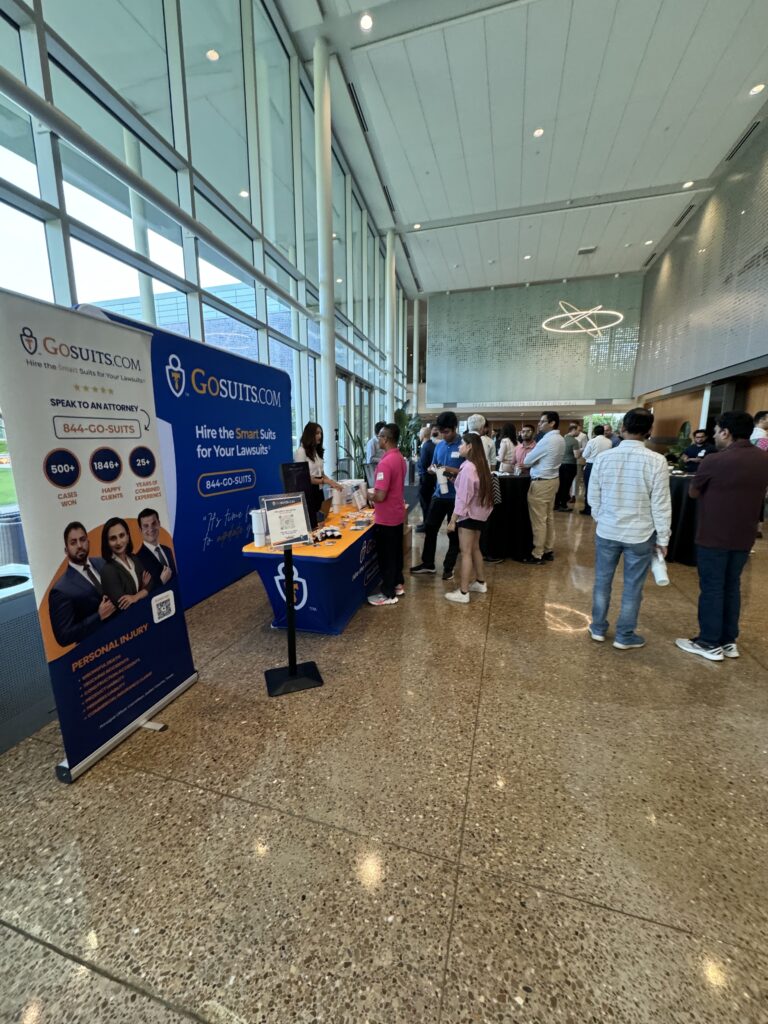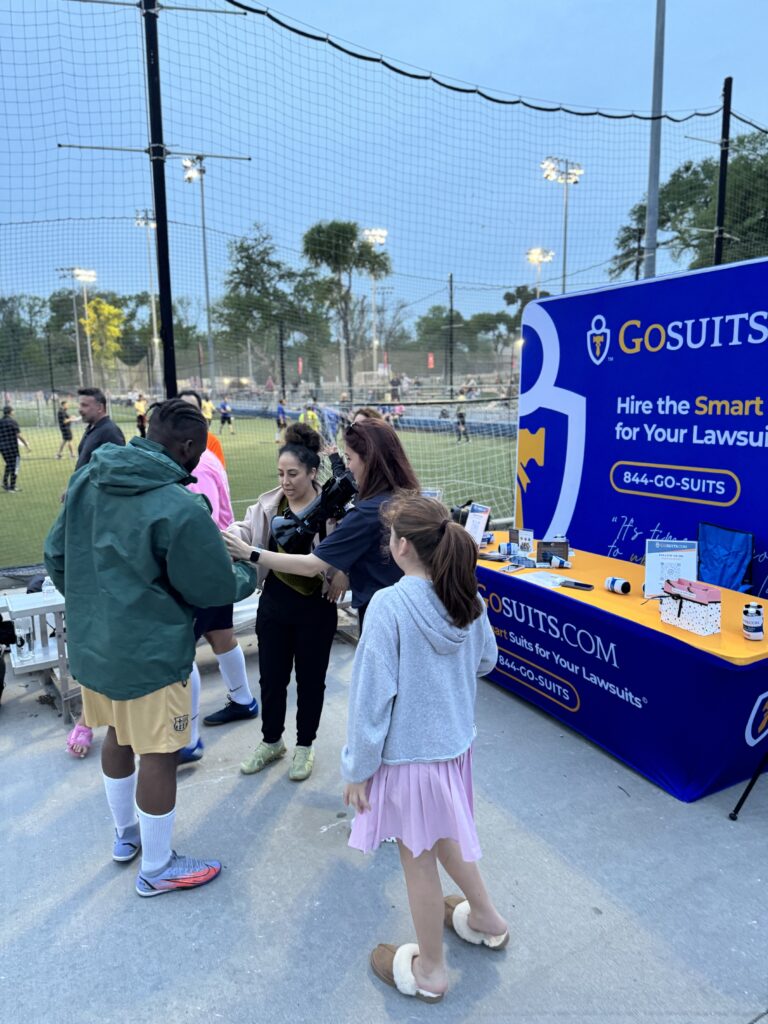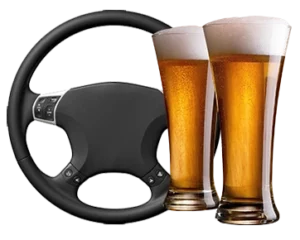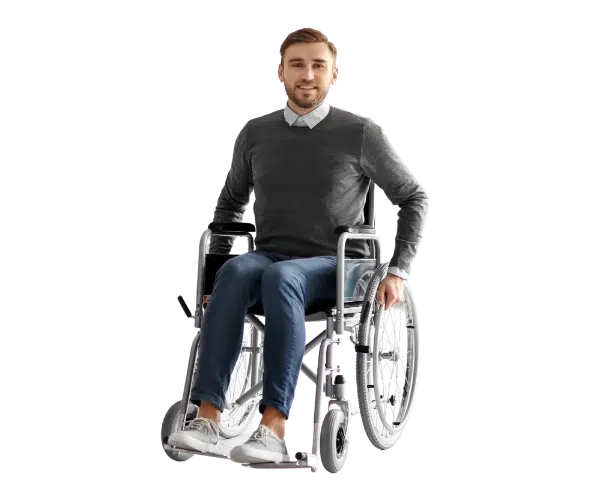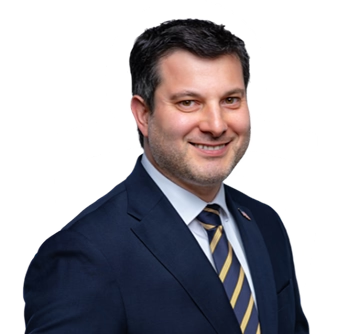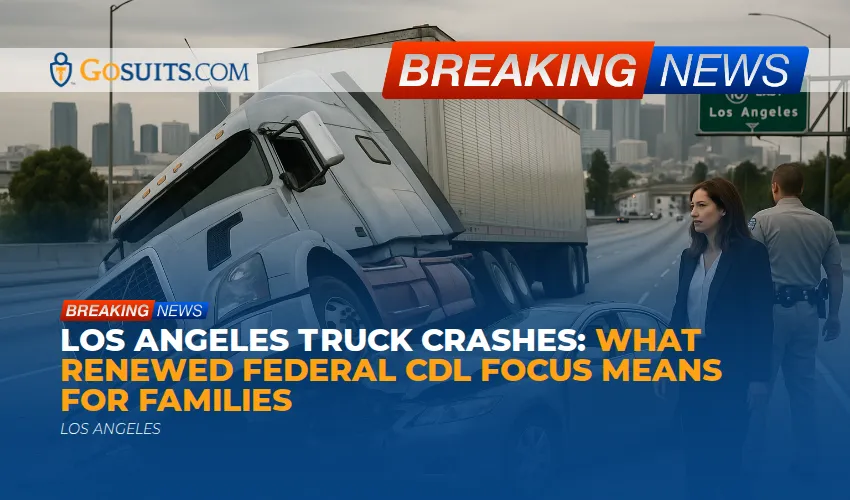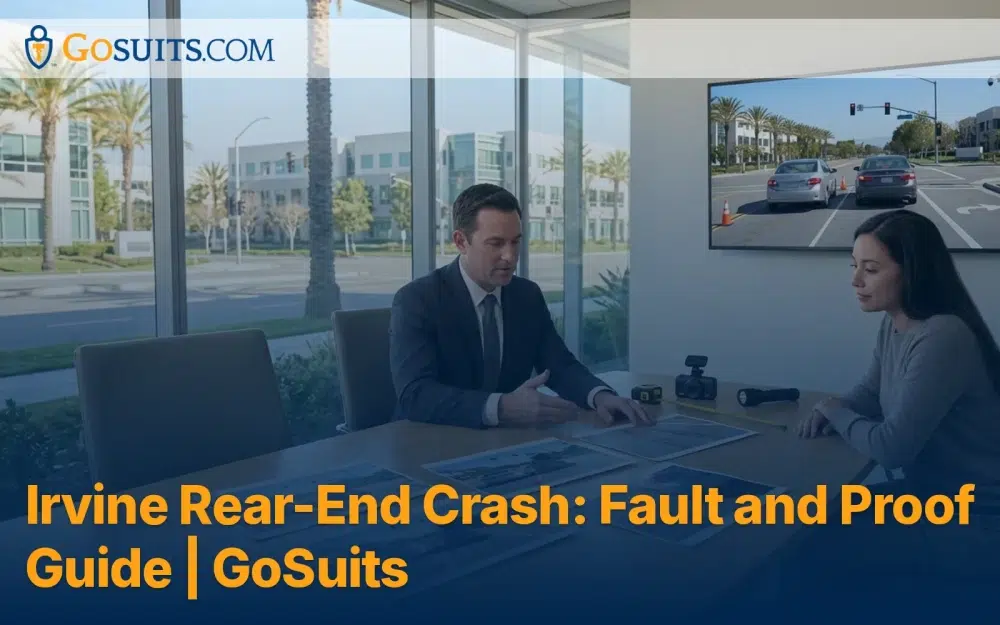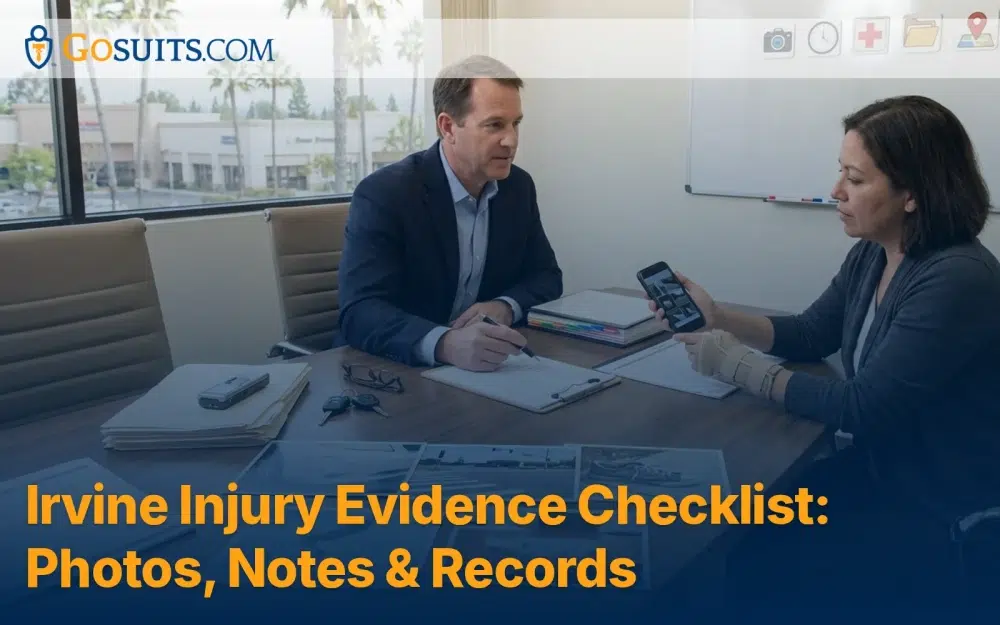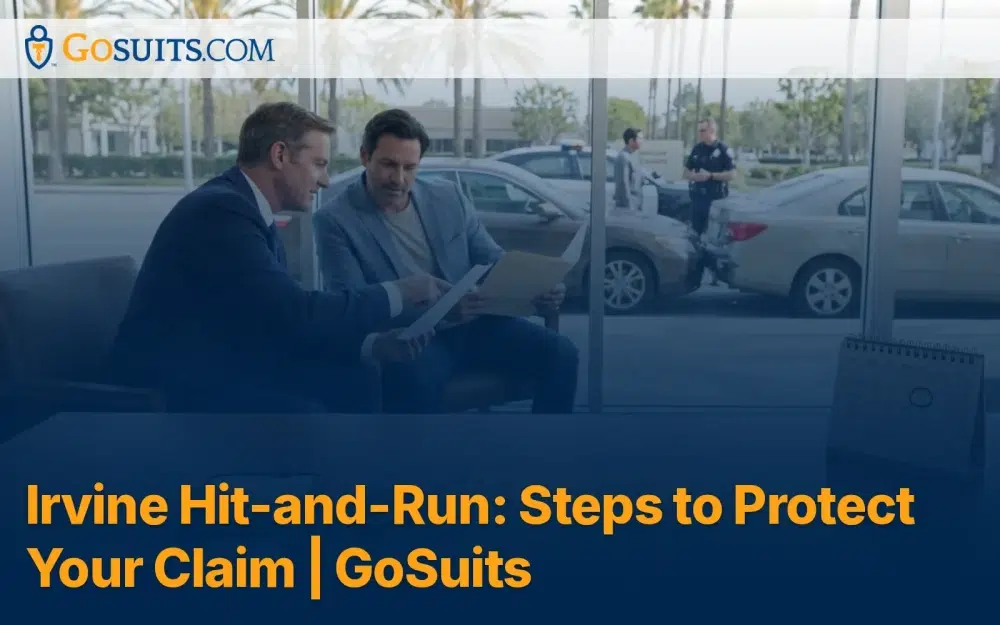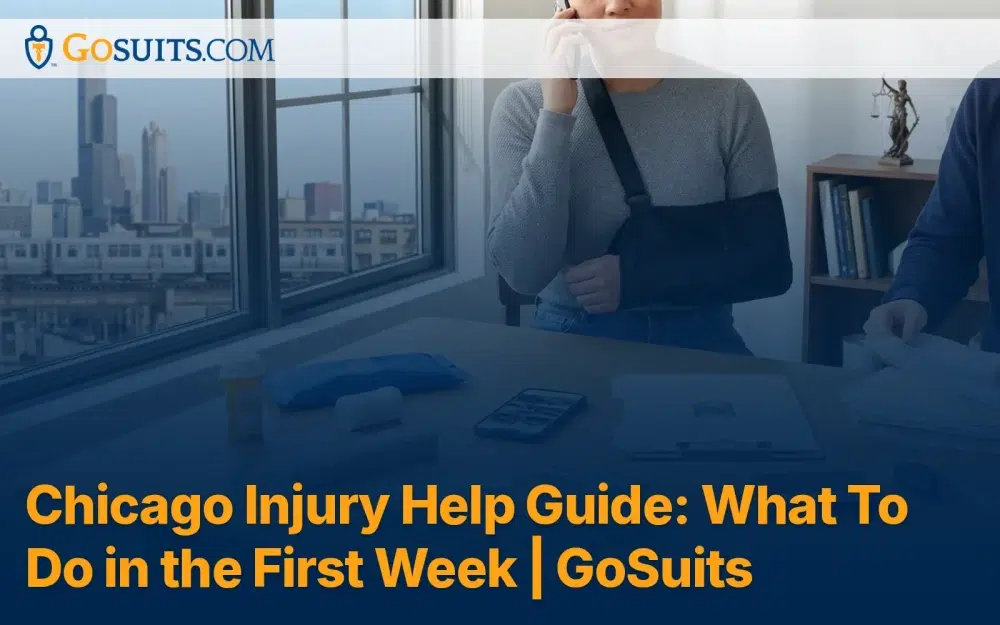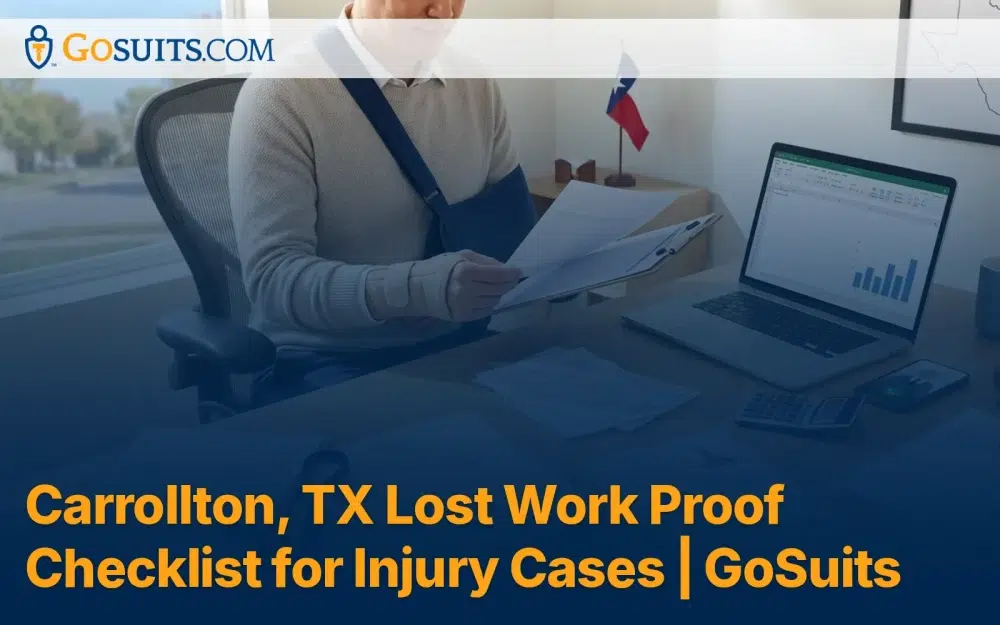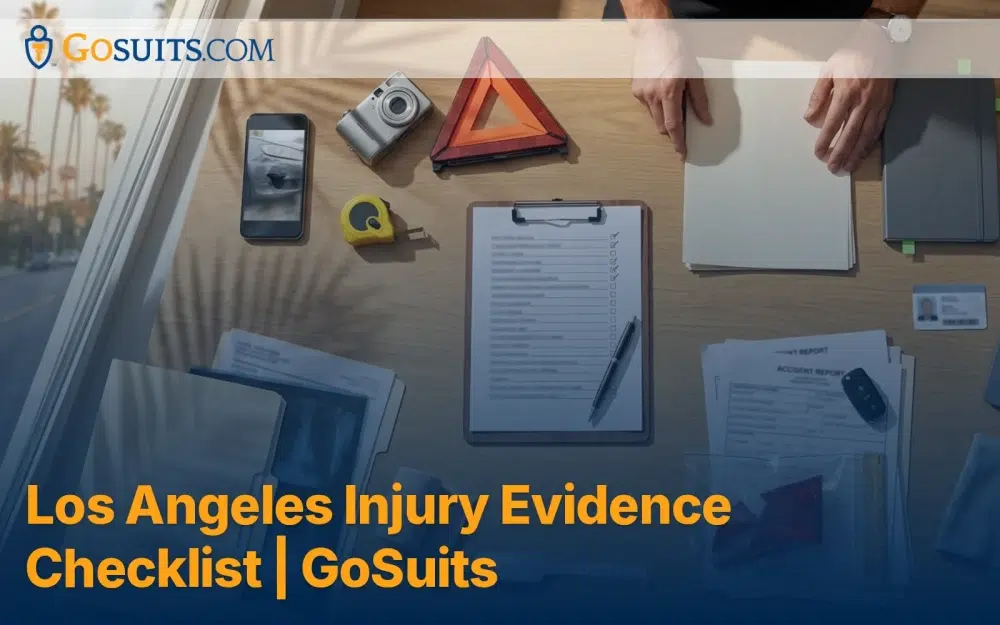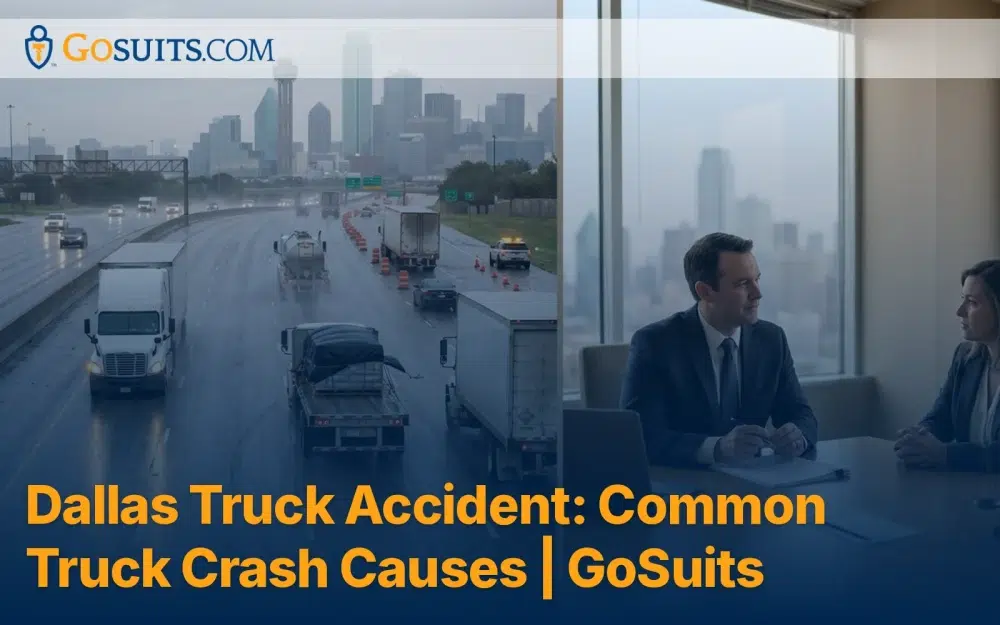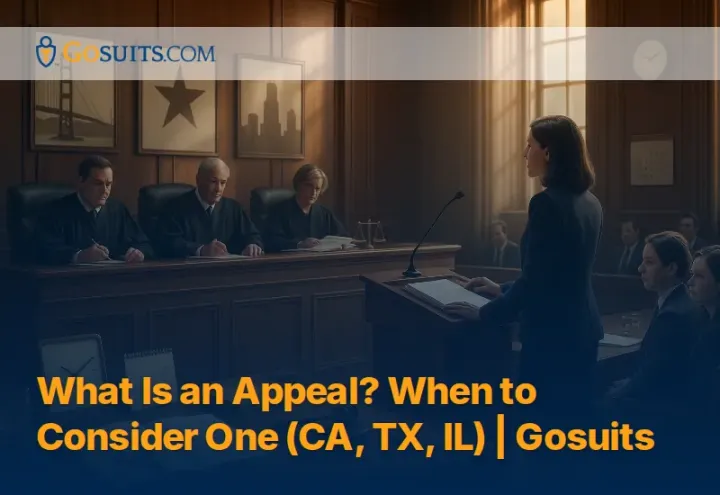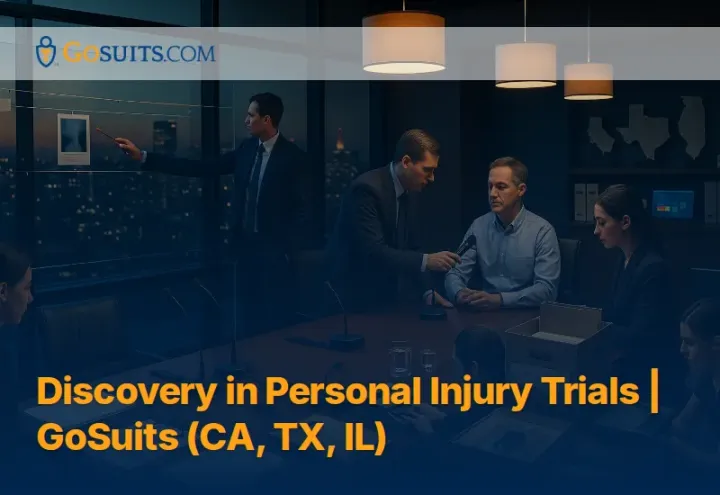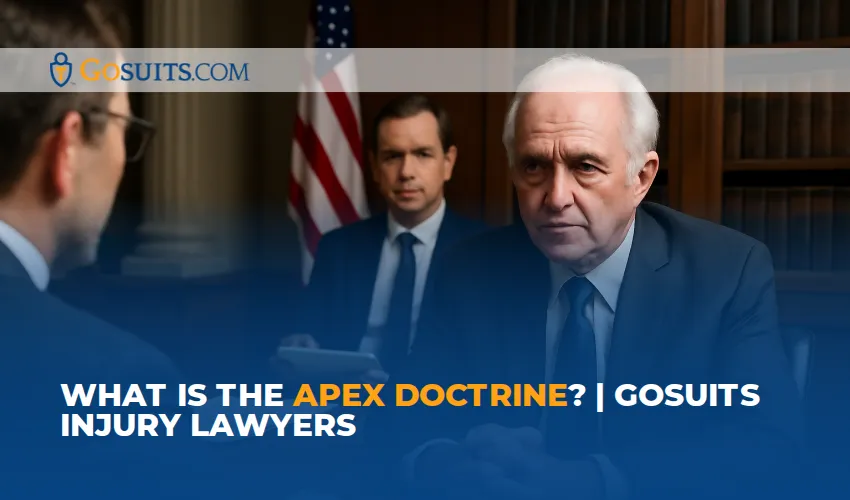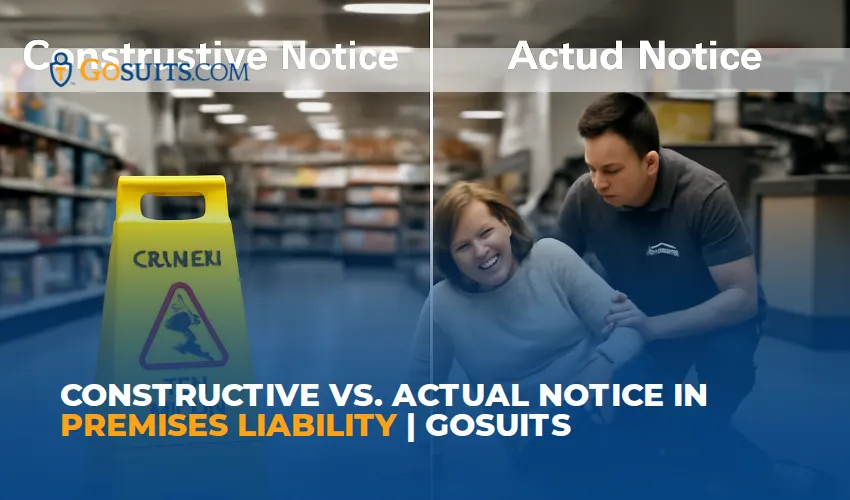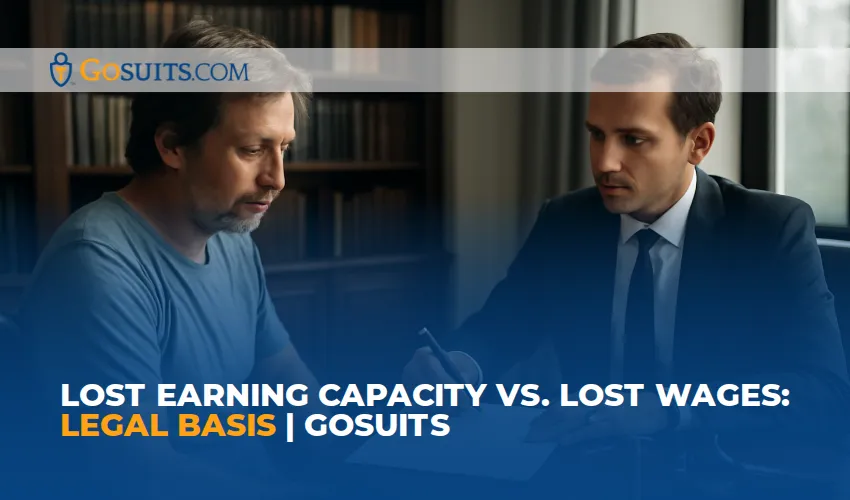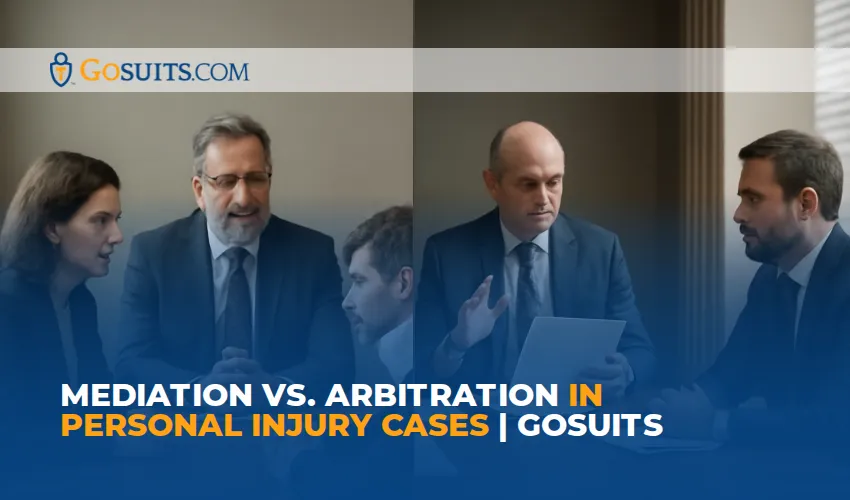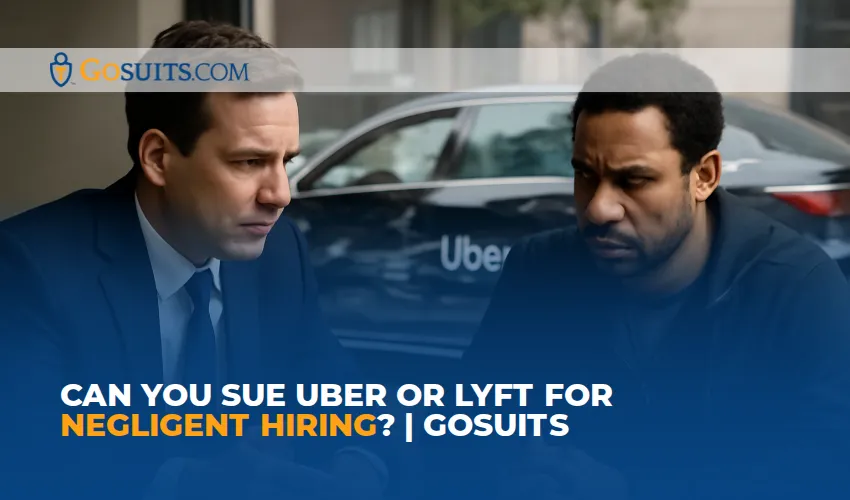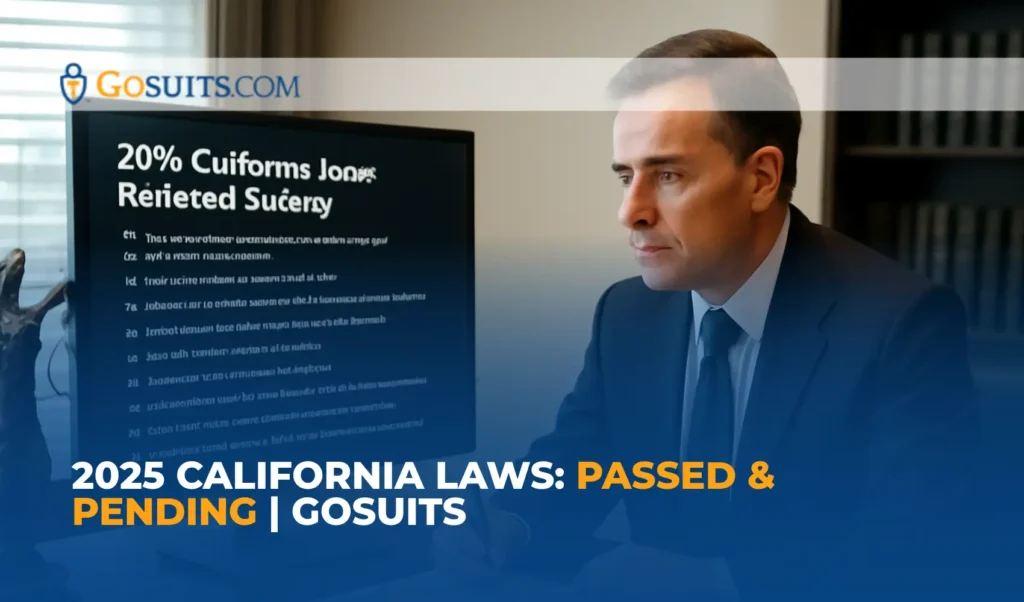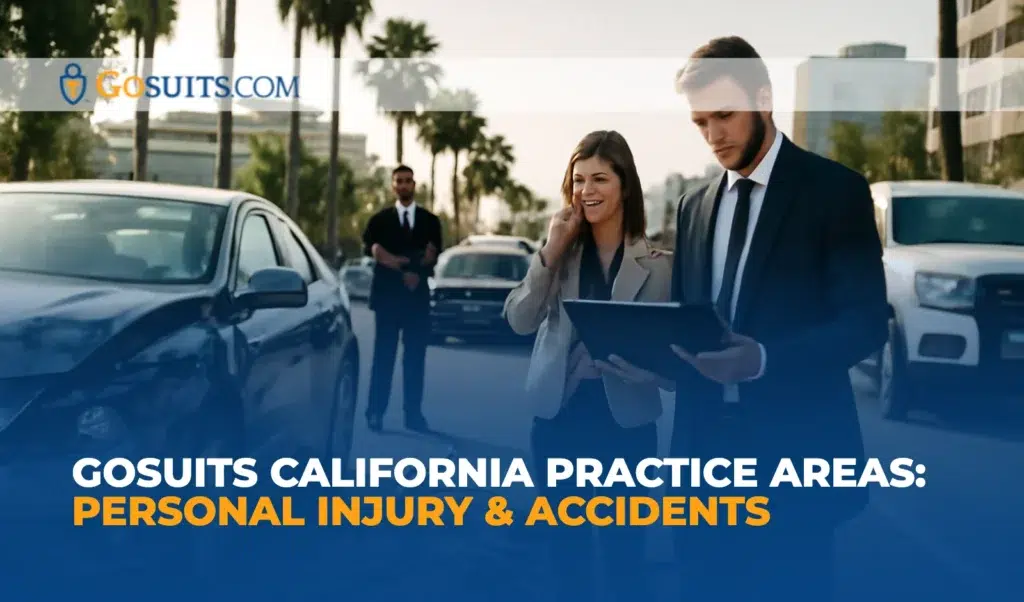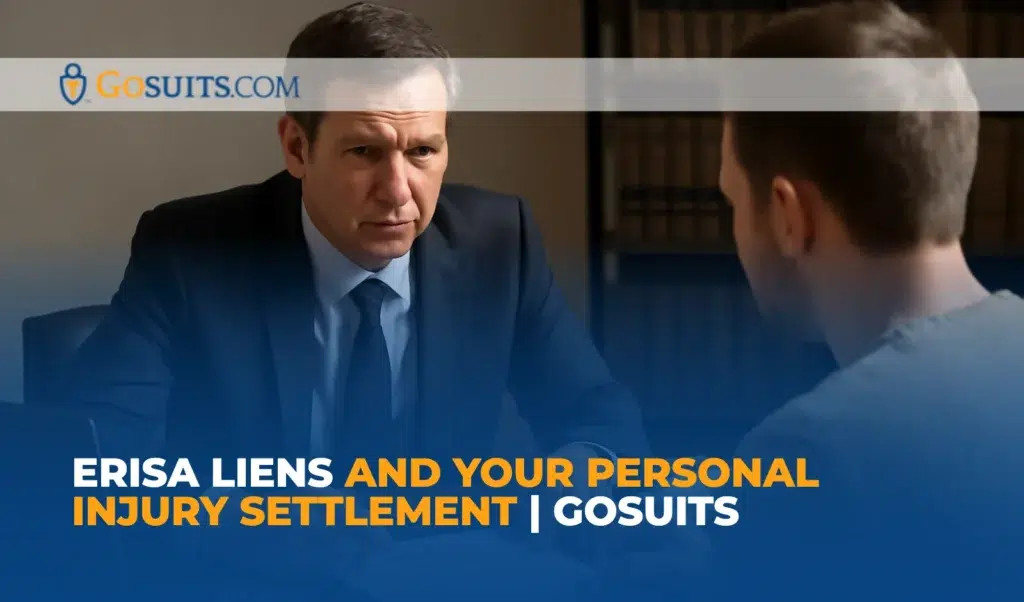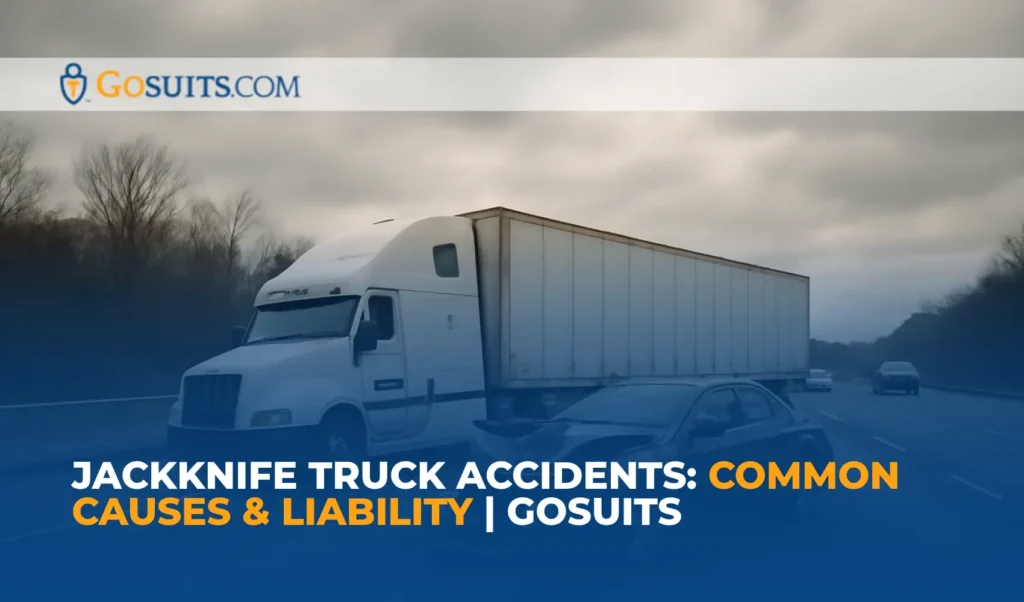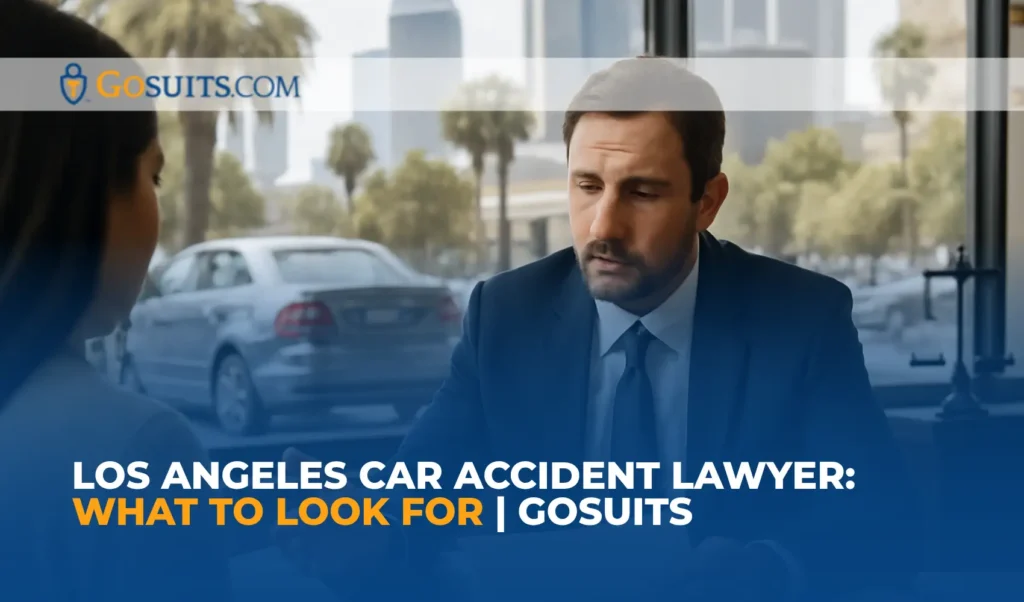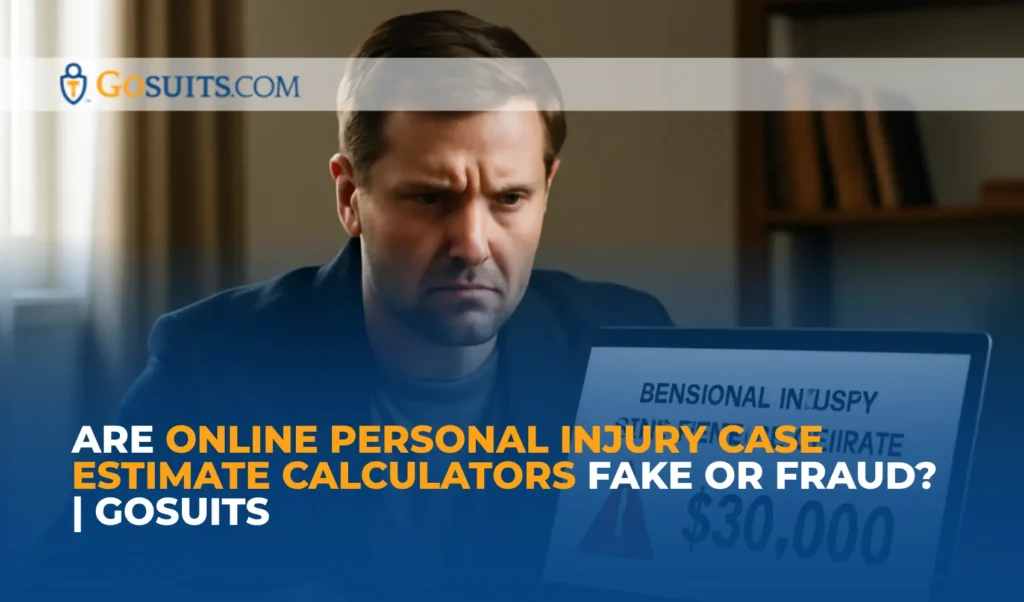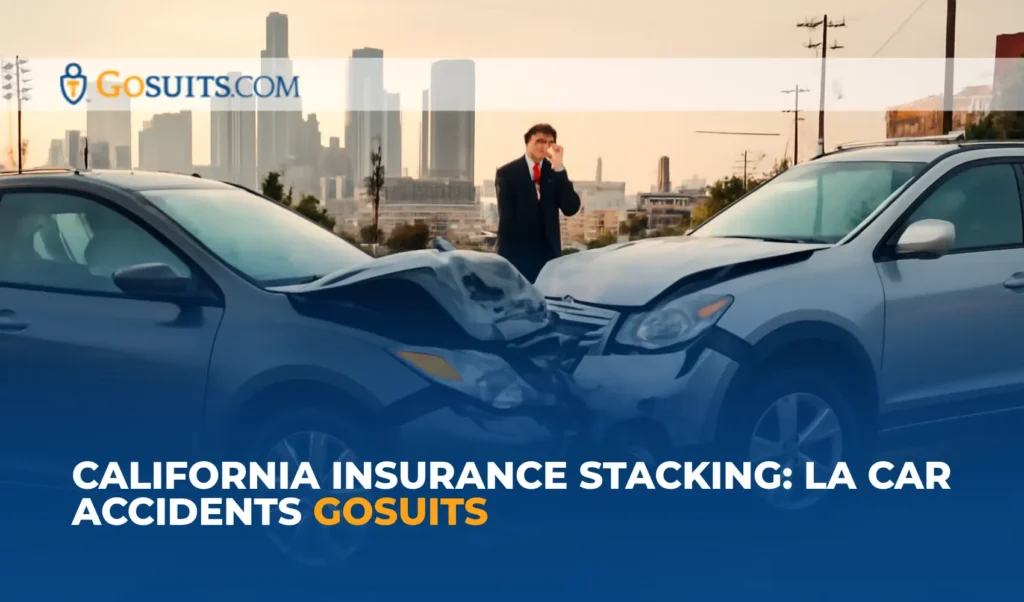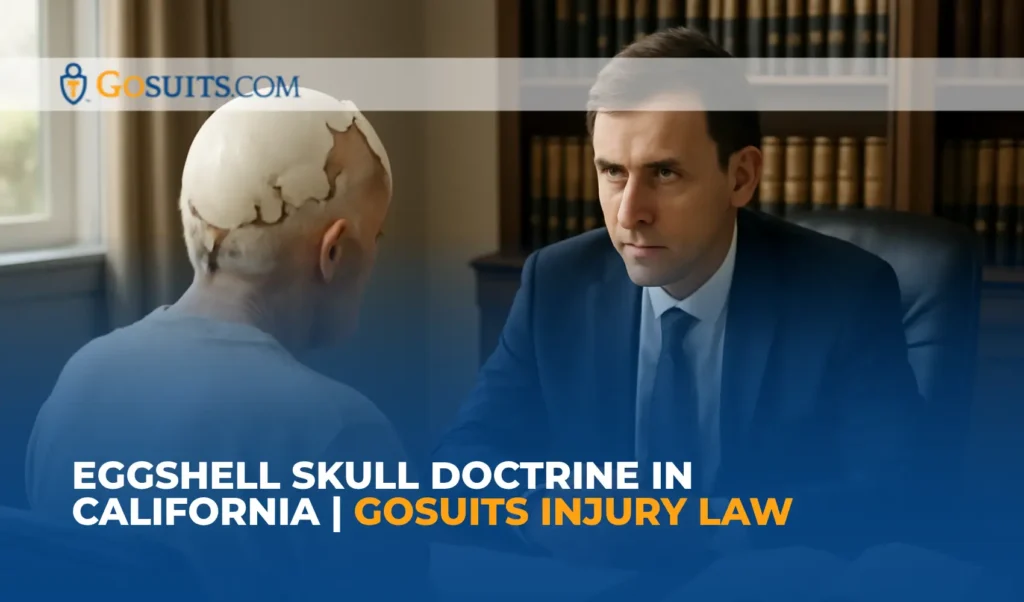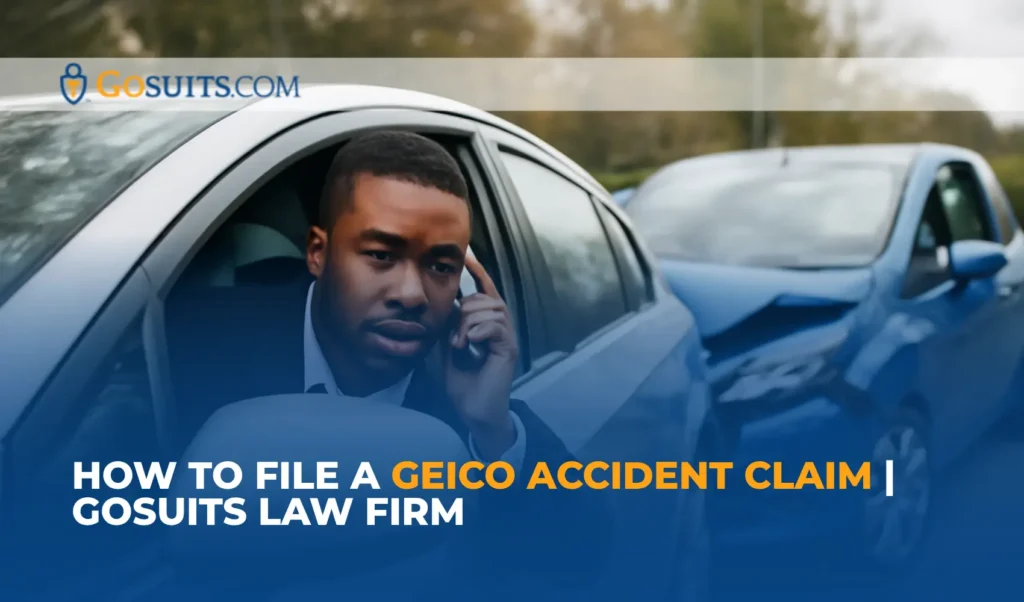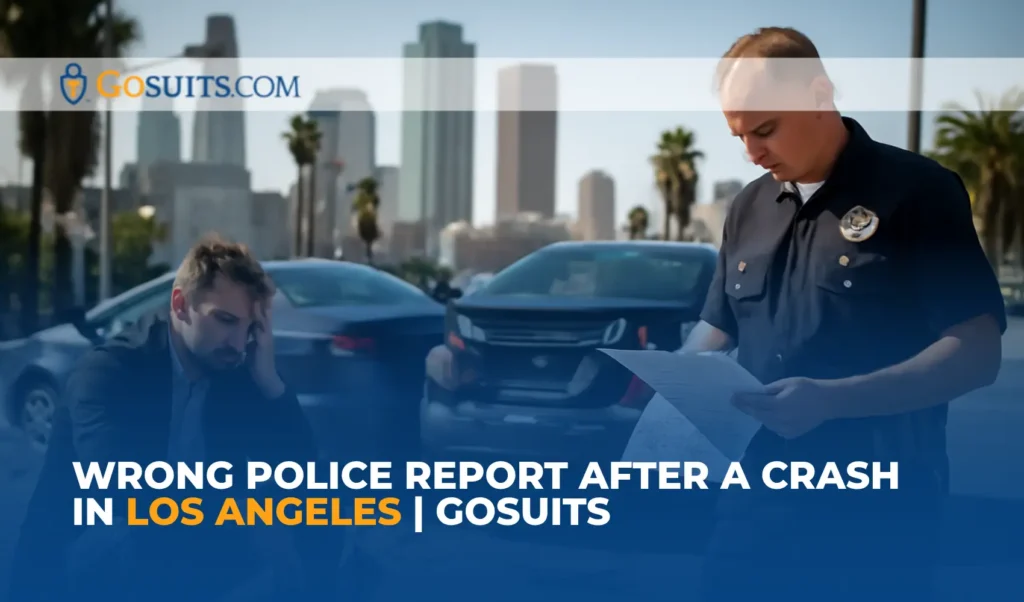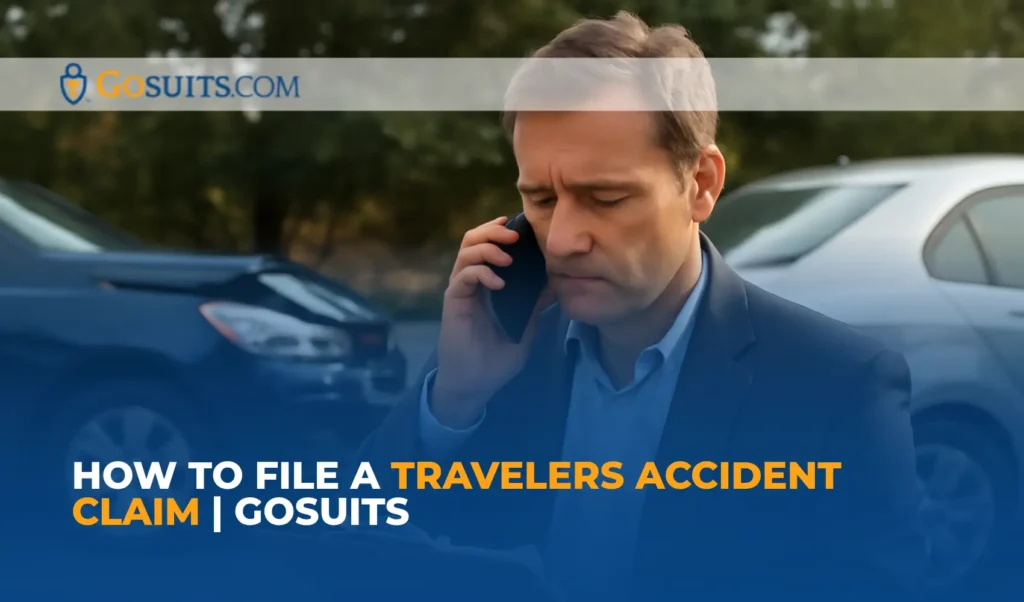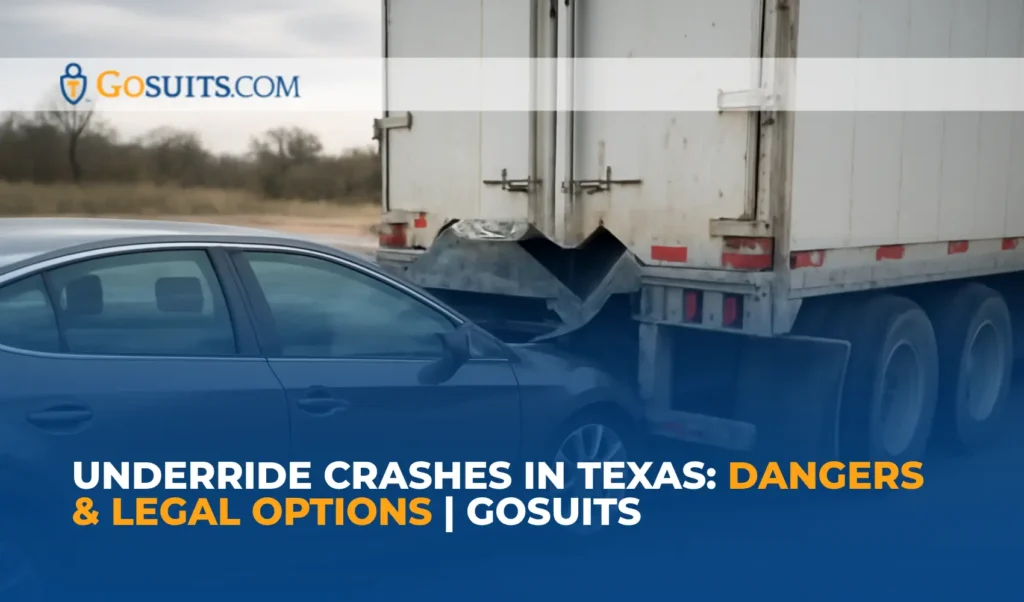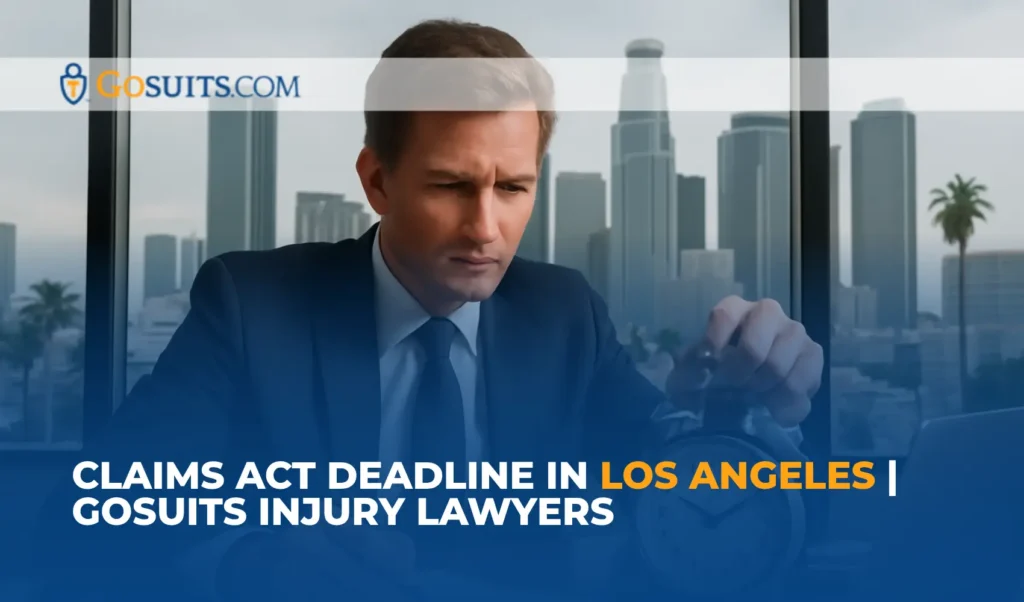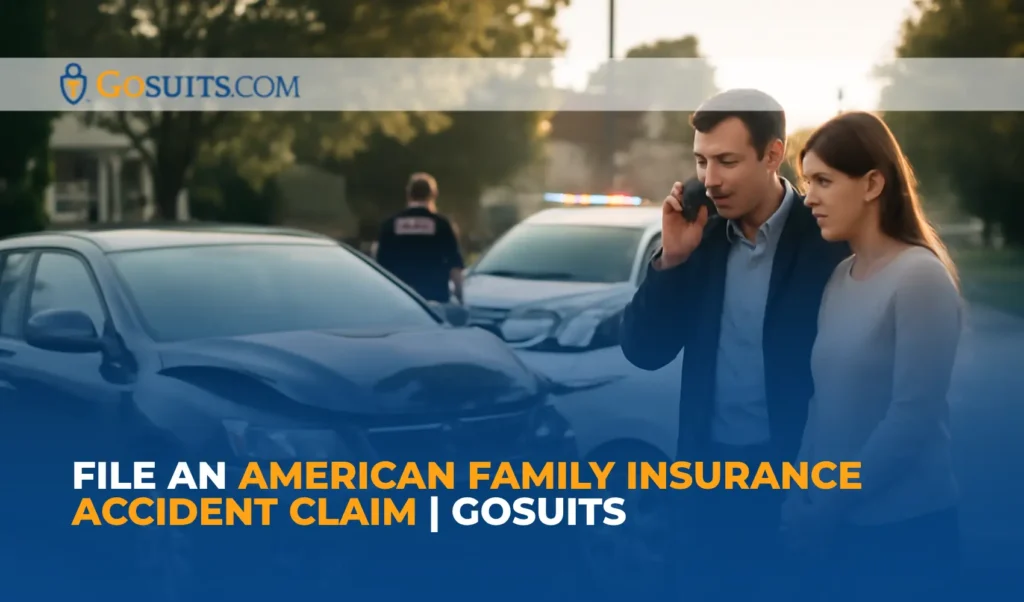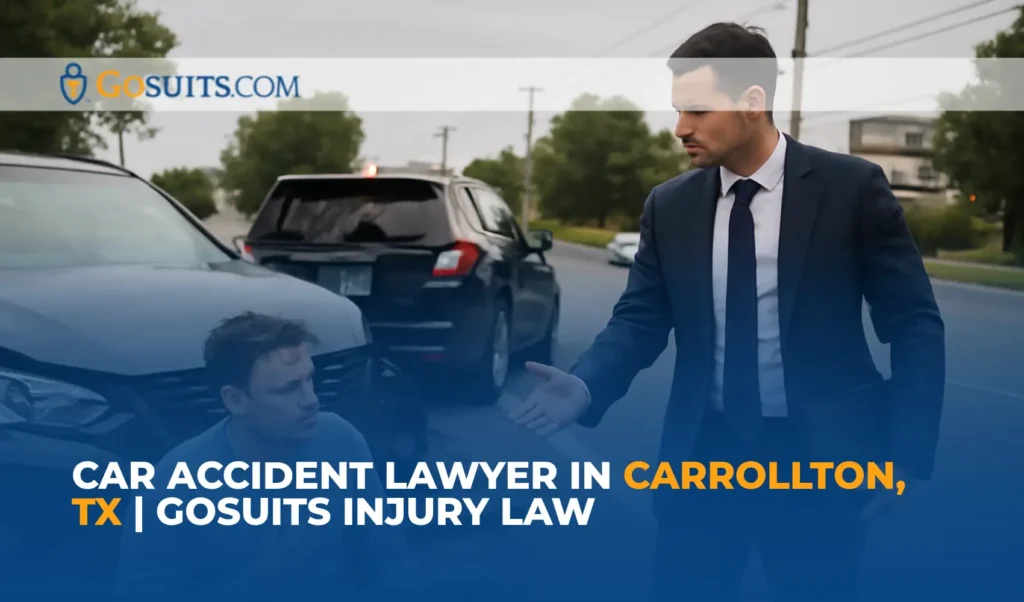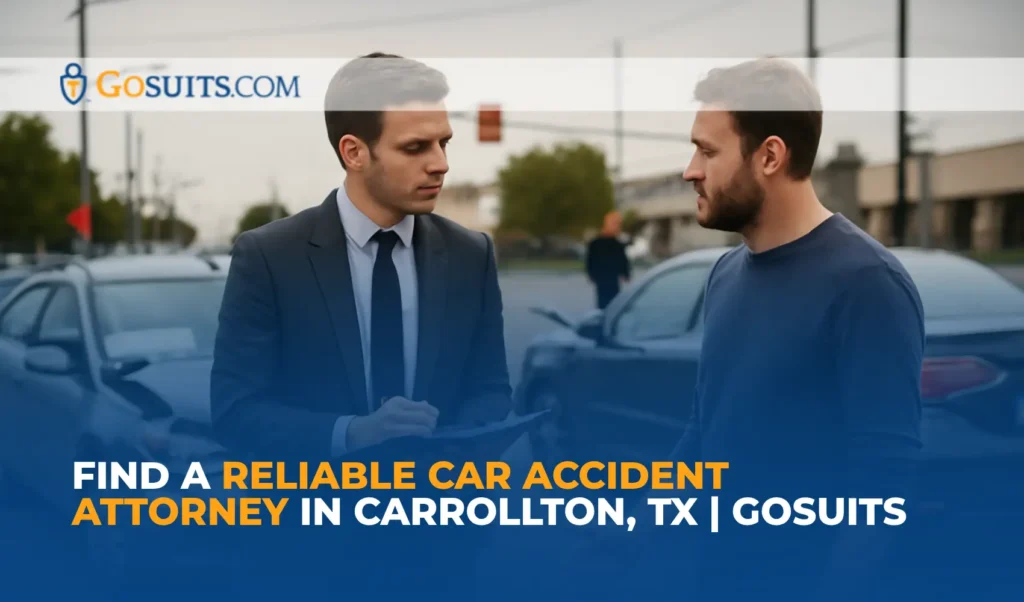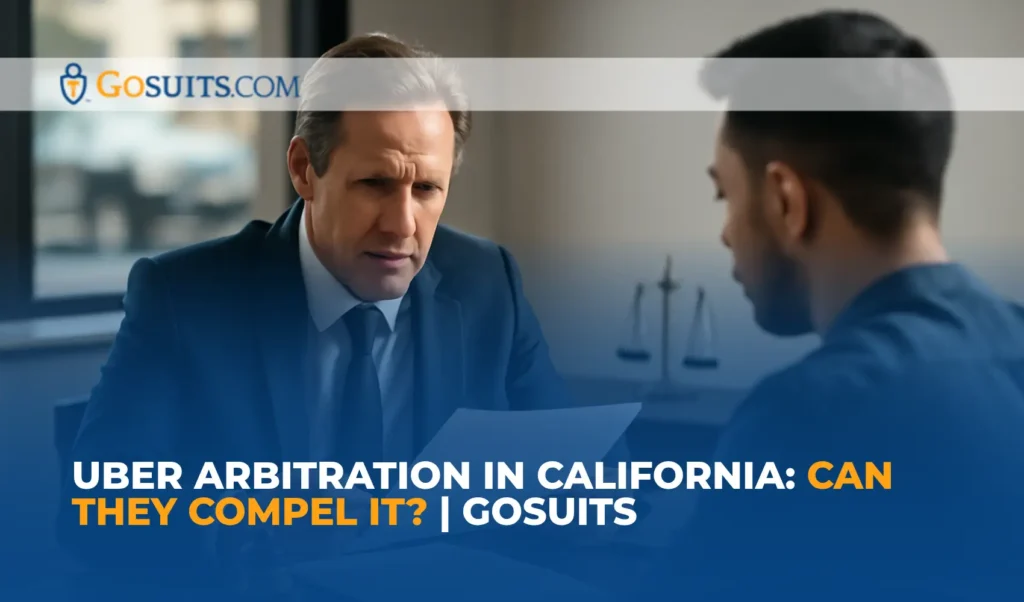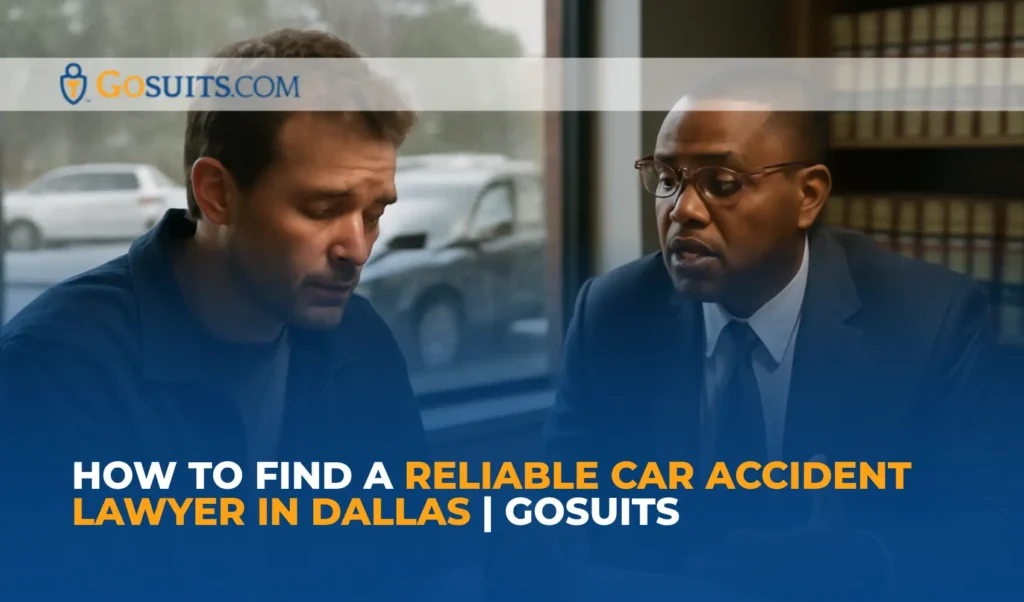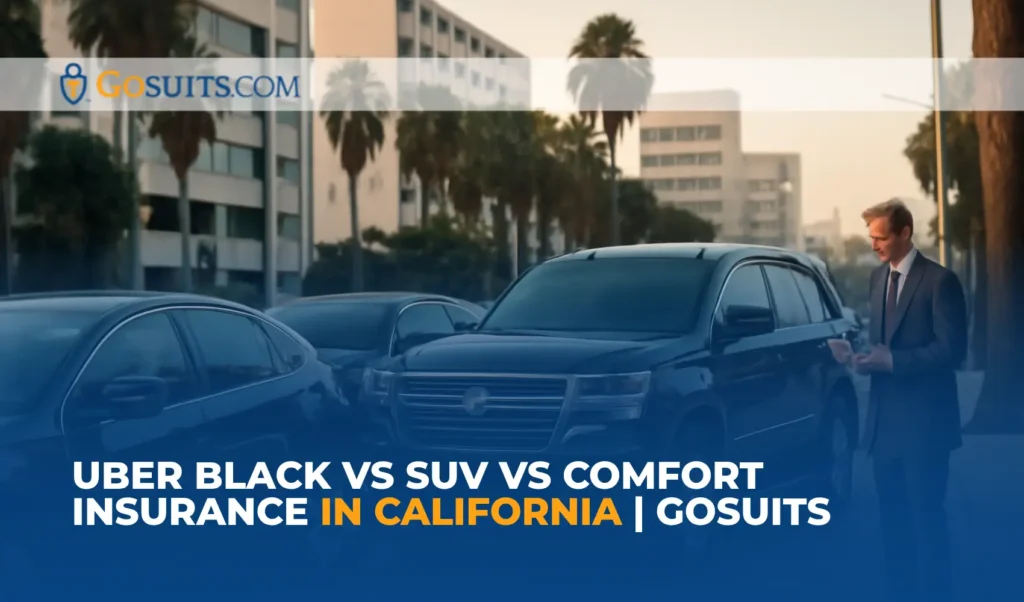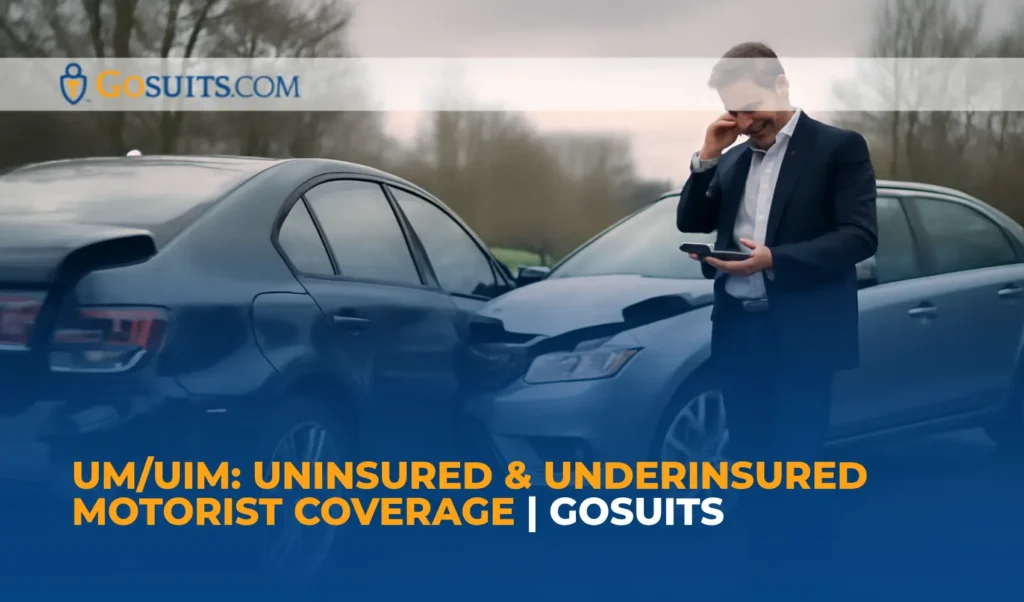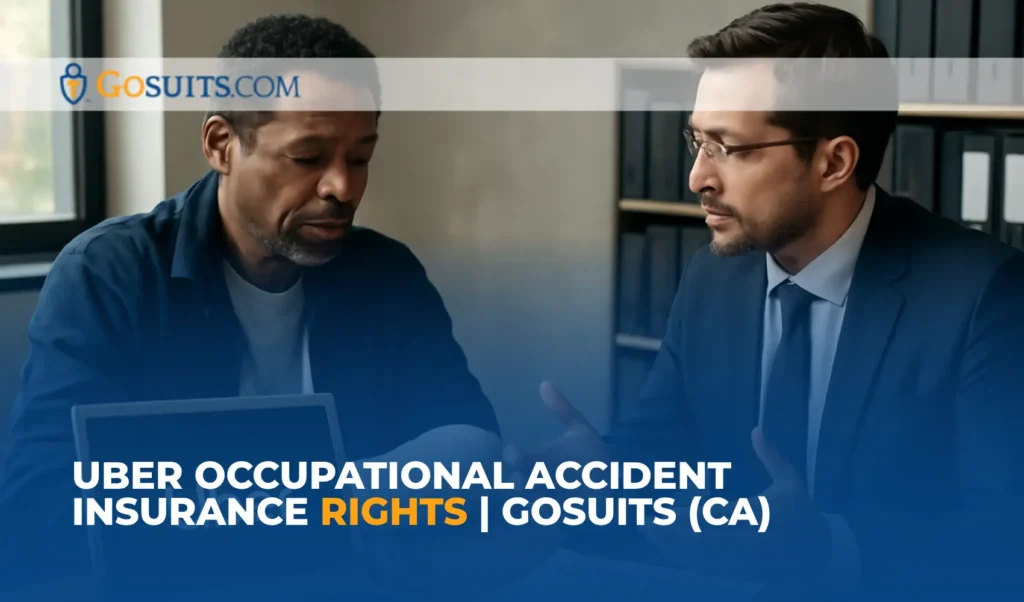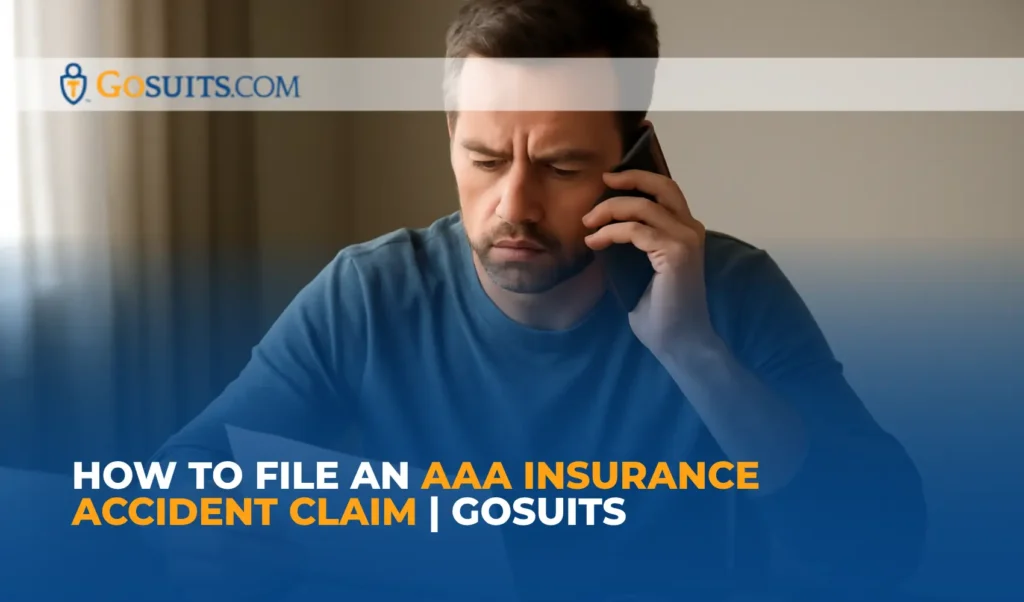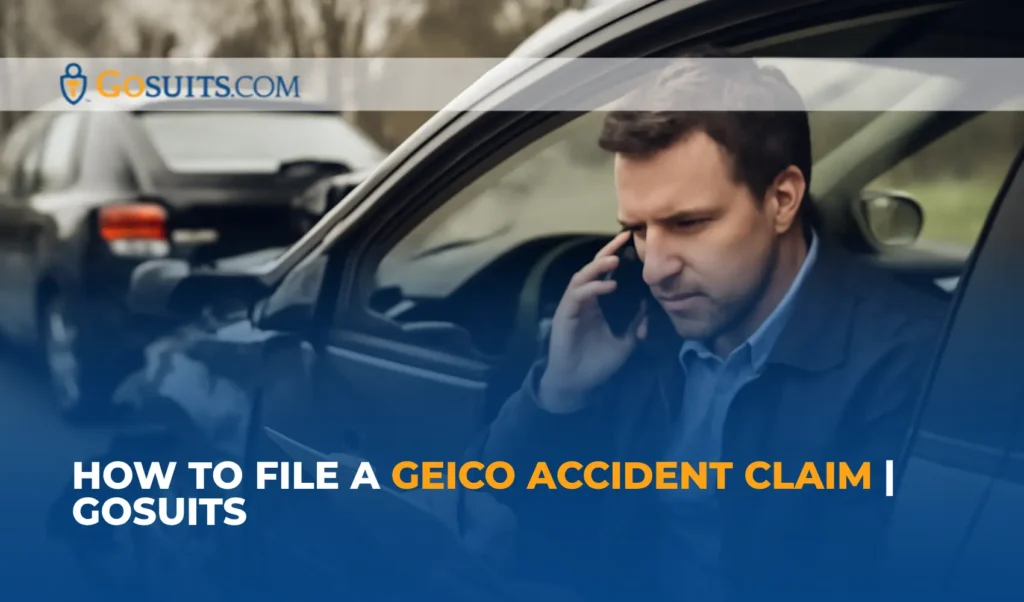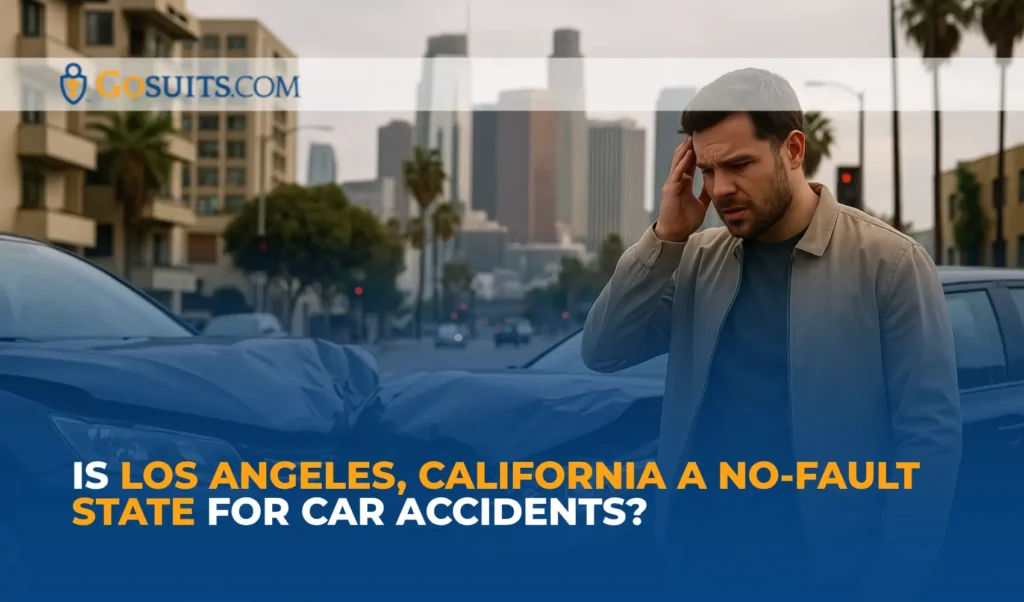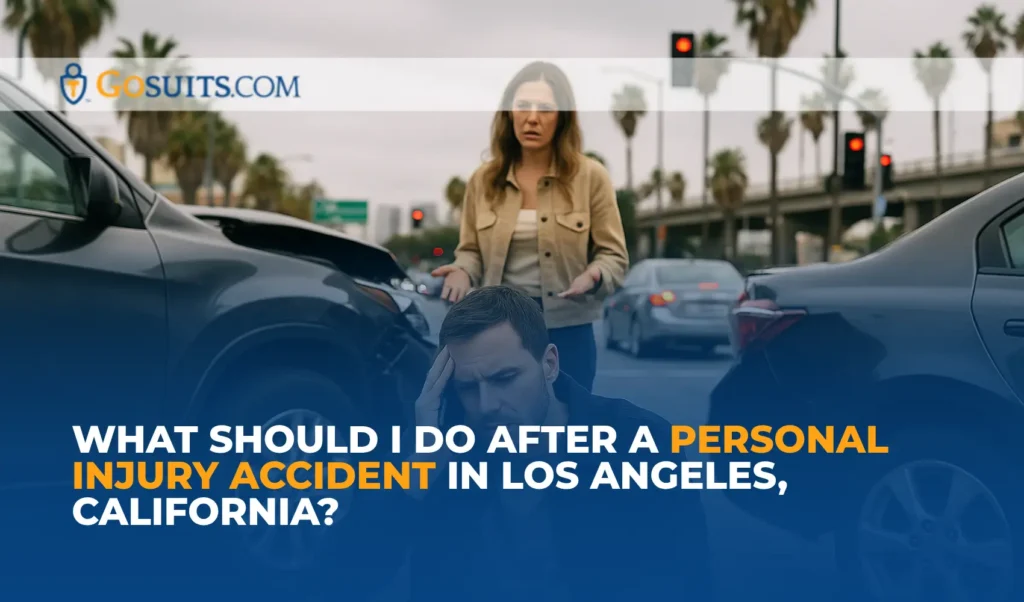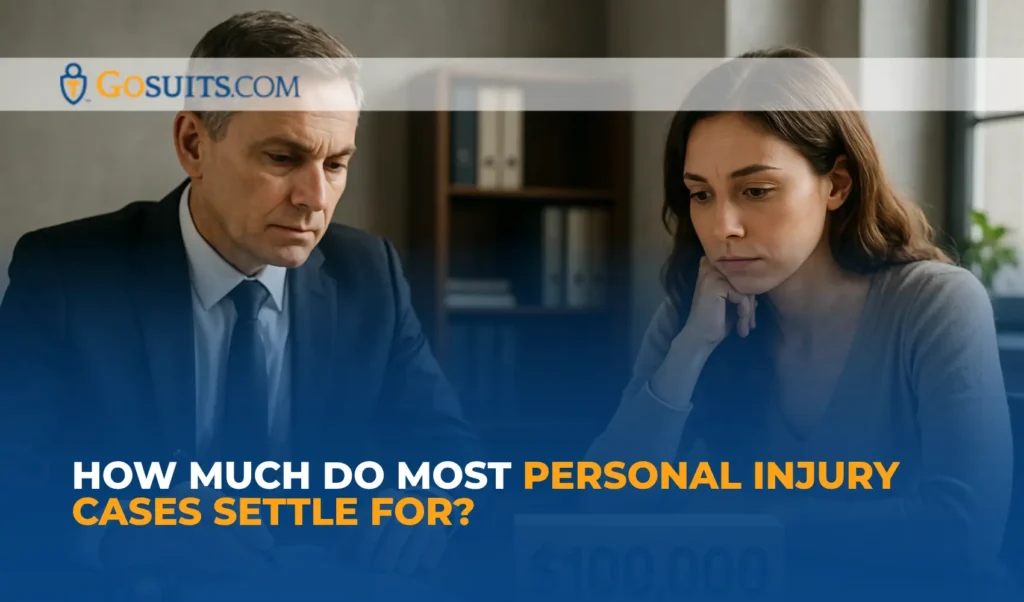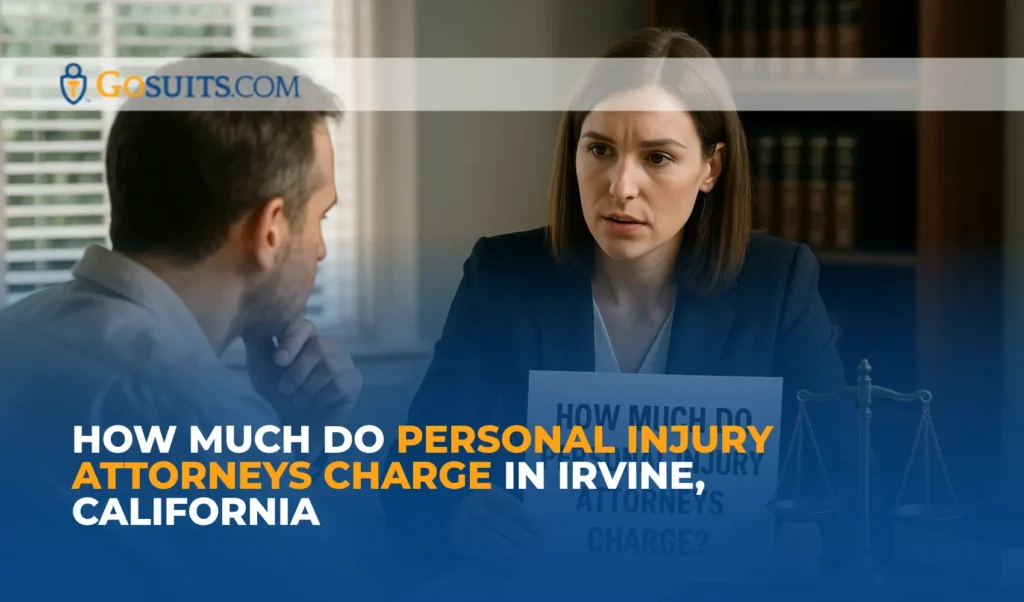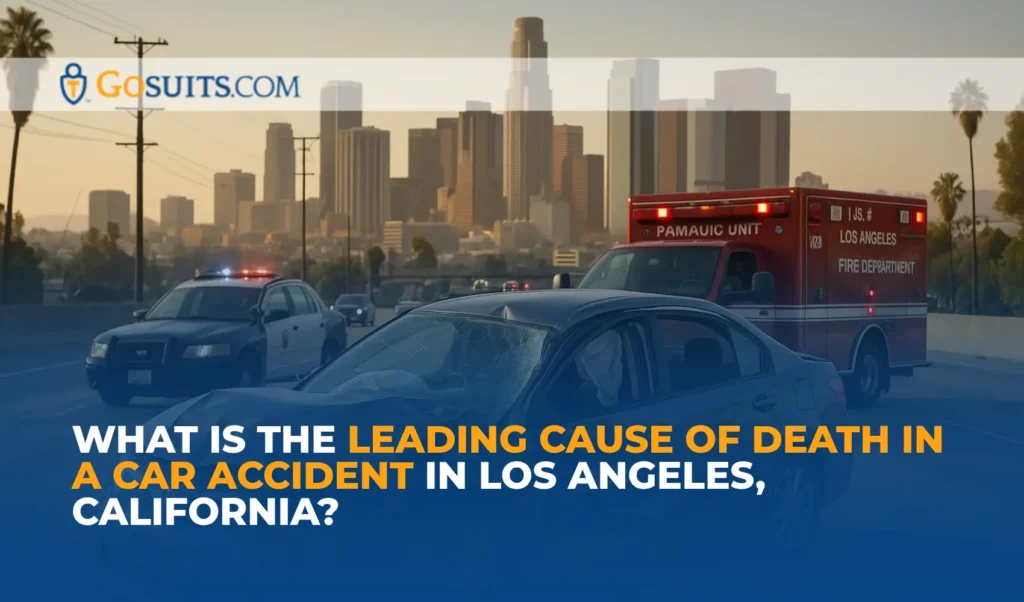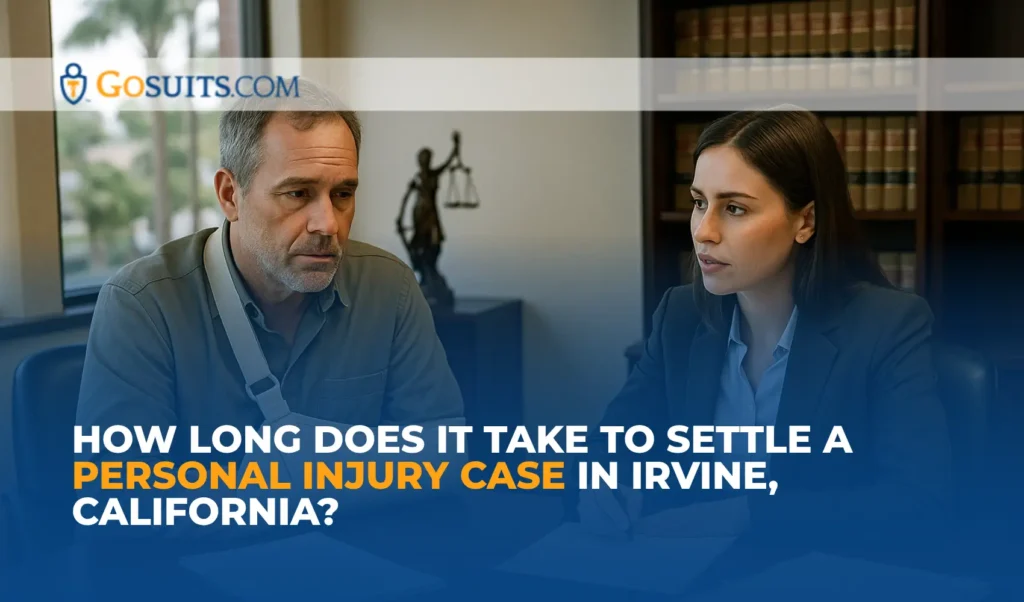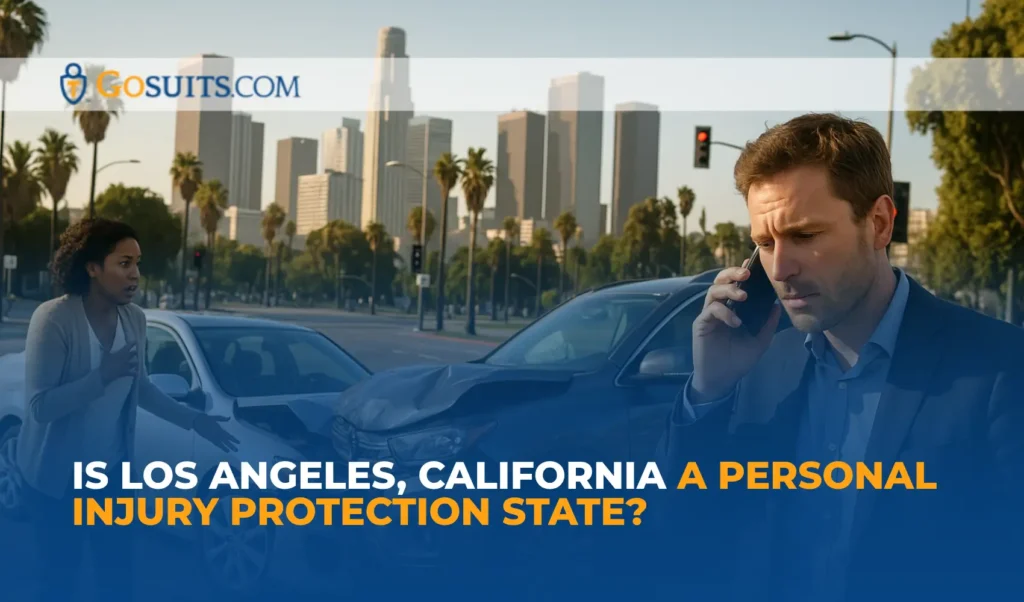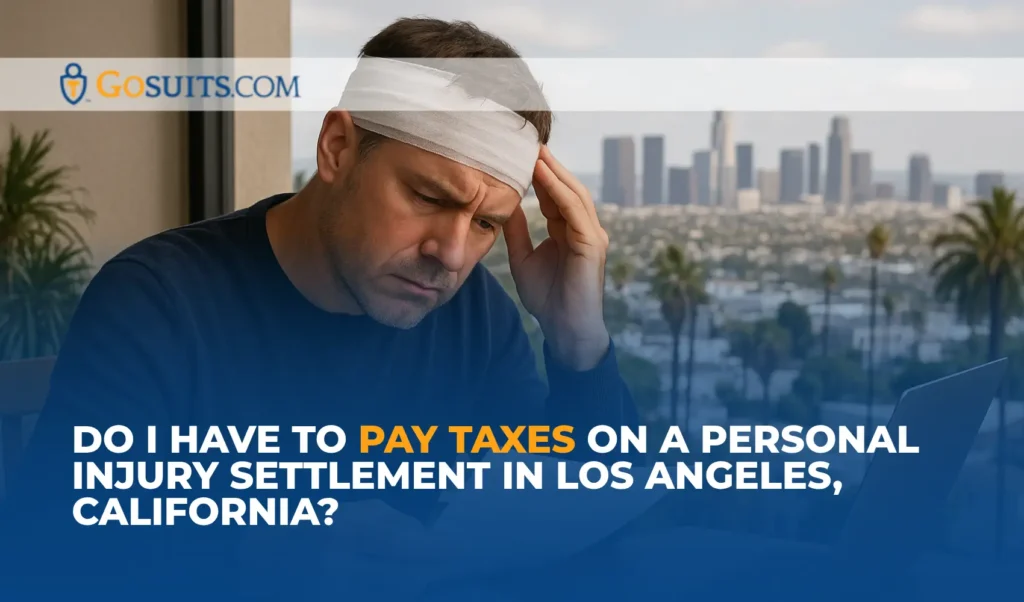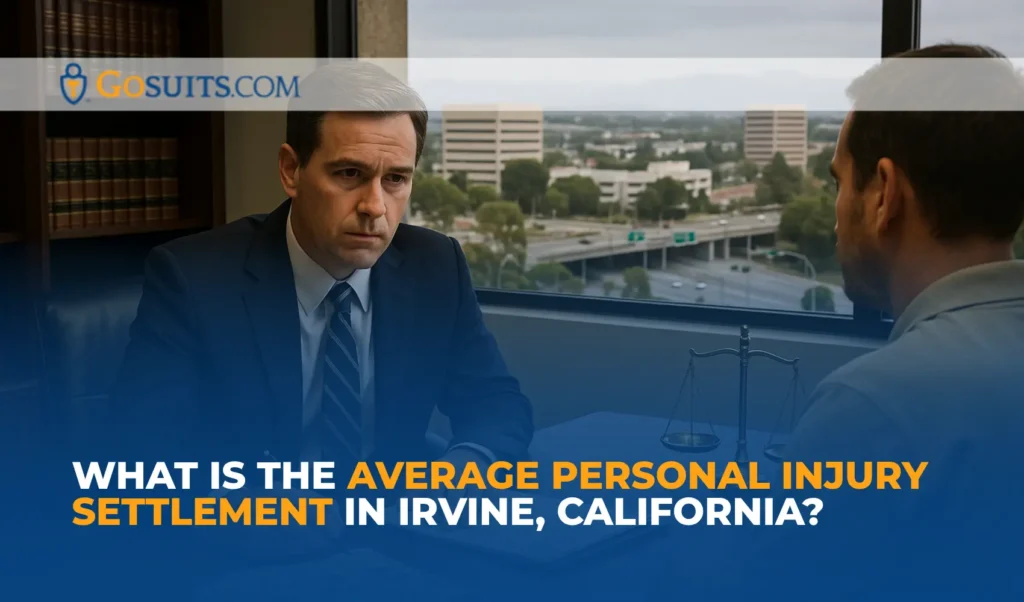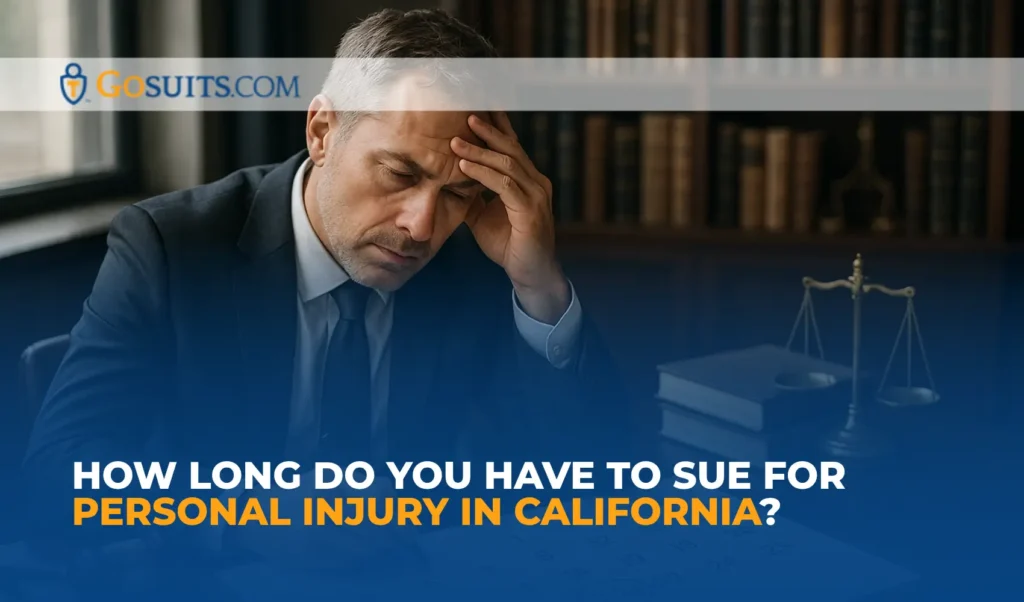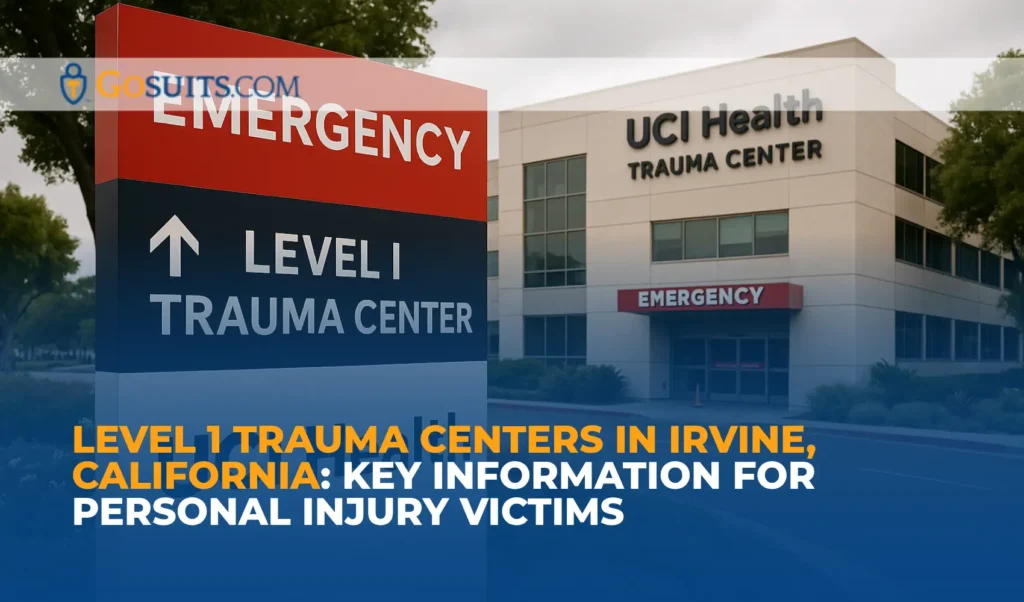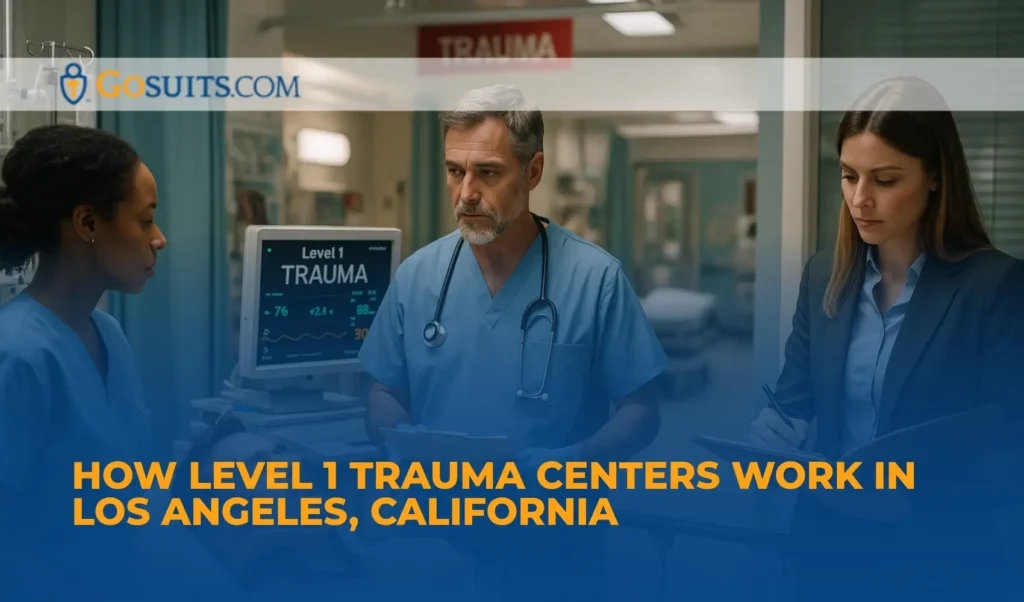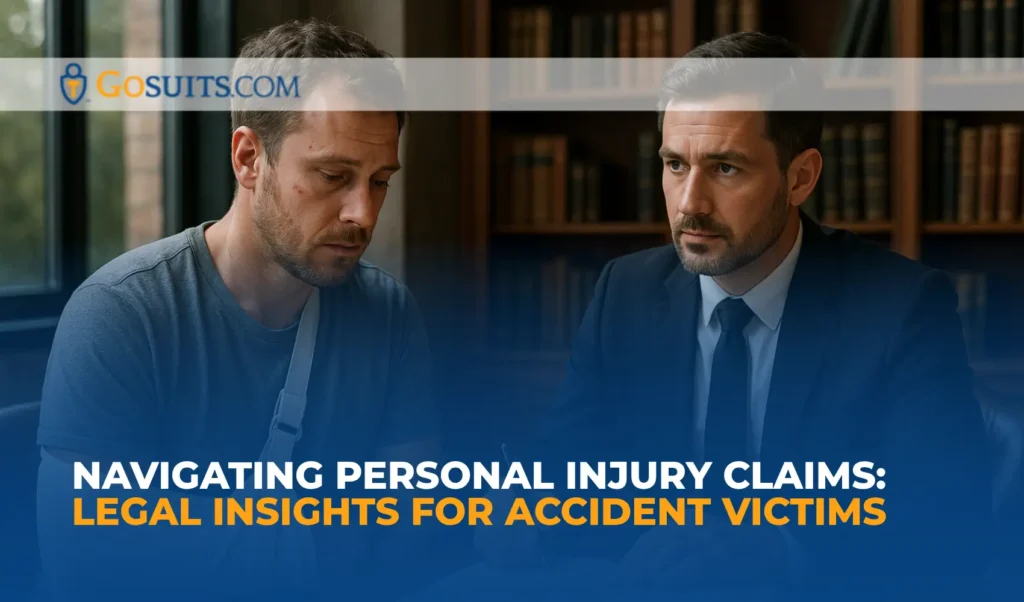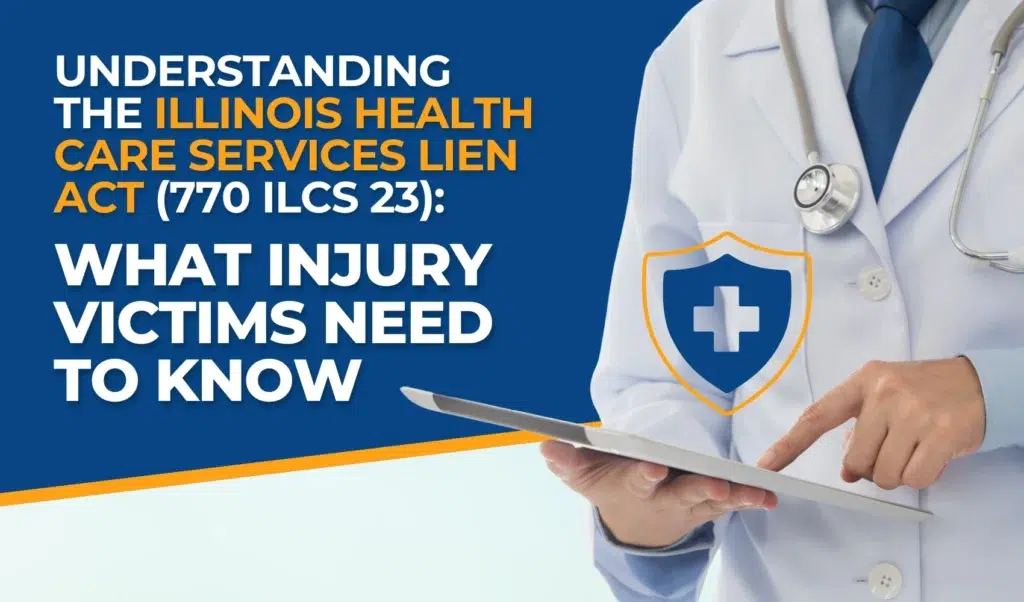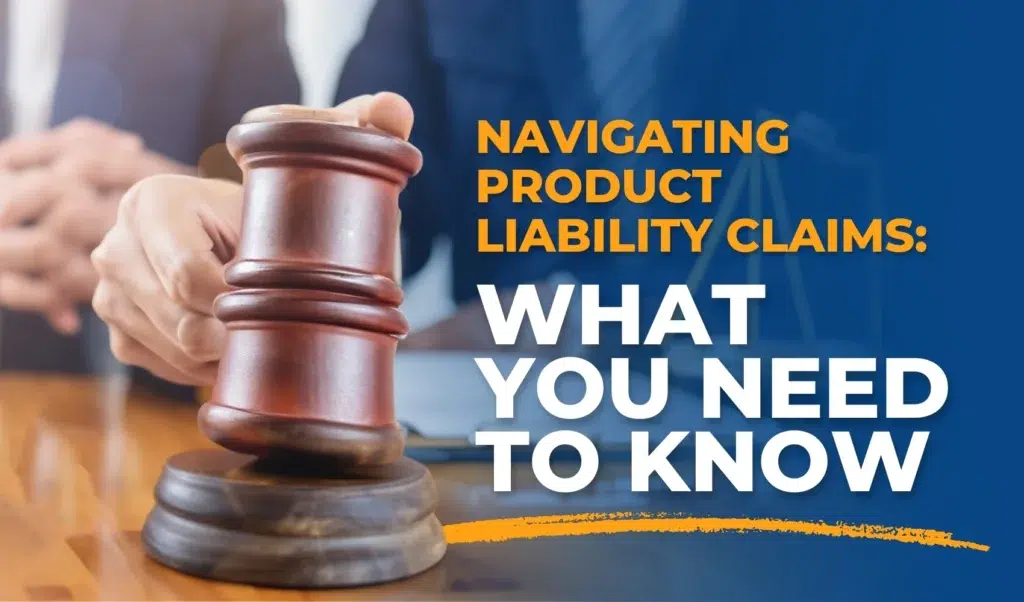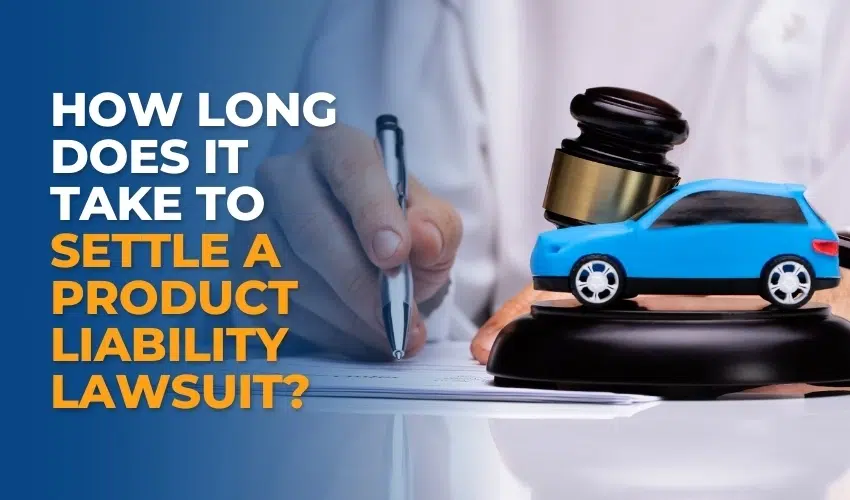
Illinois Product Liability Lawyers:
Your Advocates In Protecting Your Rights
Every day, consumers trust that the products they use are safe. From the car you drive to the appliances in your home, there is an expectation that these products will function as intended and not cause harm. Unfortunately, that trust is sometimes broken when defective or dangerous products lead to serious injuries. If you or a loved one has been harmed by a defective product in Illinois, it’s natural to feel overwhelmed, uncertain, and unsure of what steps to take next. Understanding product liability and your rights under Illinois law is the first step toward seeking justice.
Understanding Product Liability in Illinois
Product liability refers to the legal responsibility of manufacturers, distributors, and sellers to ensure that the products they introduce to the market are safe for consumer use. When a product is defective and causes harm, the parties responsible for its production and distribution may be held accountable. Product liability law is designed to protect consumers and hold businesses responsible when their products fail to meet safety standards.
Illinois law recognizes three primary types of product defects. A design defect occurs when a flaw exists in the product’s original blueprint, meaning every product manufactured under that design carries the same risk. Manufacturing defects happen when a product is improperly made, deviating from the intended design and creating potential danger. Marketing defects involve insufficient instructions or warnings about how to use the product safely or a failure to disclose risks associated with its use. Understanding these distinctions is important because it shapes how liability is identified and how a claim may proceed.
Common Types of Defective Products
Defective products can come from any industry and have the potential to cause serious harm. Automotive defects are a frequent cause of injury and include issues like malfunctioning brakes, defective airbags, or tires that are prone to blowouts. Defective pharmaceutical products or medical devices can also pose significant risks. Faulty implants, medications, or contamination issues can lead to severe and lasting health complications. Consumer products, including electronics, appliances, or children’s toys, can cause injuries due to poor design or inadequate warnings. Industrial equipment and machinery, when improperly designed or manufactured, can result in serious accidents. Food and beverage contamination is another concern that can lead to illness if products are not properly handled or labeled. When any type of product fails and results in harm, legal action may be necessary to identify accountability and seek recovery for the resulting losses.
Who Can Be Held Liable for a Defective Product?
Here are the key entities that may be held liable:
- Manufacturers: These are the companies responsible for designing and producing the product. If the defect originated during the manufacturing process or was inherent in the product’s design, the manufacturer may be held accountable.
- Distributors and Wholesalers: These parties act as intermediaries in the product’s distribution chain. If they handled a product that was defective and contributed to its availability in the market, they may share liability.
- Retailers and Sellers: Businesses that sell defective products to consumers may also be held liable, especially if the defect existed when the product was sold or if proper warnings were not provided.
- Product Designers and Engineers: If a defect can be traced back to the original design phase, liability may fall on the individuals or companies responsible for creating the product’s specifications.
- Component Manufacturers: If a defect arises from a specific component of a product, the manufacturer of that part could be held responsible, even if they were not involved in producing the final product.
- Marketers and Labelers: In cases where the defect is due to inadequate instructions, false claims, or a failure to provide proper warnings, the entities responsible for marketing and labeling the product could be liable.
Illinois’ Strict Liability Law
Illinois follows the principle of strict liability in product liability cases. This means that it is not necessary to prove that a manufacturer or seller acted negligently. Instead, it must be shown that the product was defective and that the defect caused the injury. This approach provides consumers a path to legal recovery when harm is caused by unsafe products, although claims involving negligence and breach of warranty may still apply in certain situations.
Compensation in Product Liability Cases
Compensation in product liability cases can address various types of losses. Medical expenses often form a significant part of a claim and may include both immediate and long-term costs related to treatment, rehabilitation, and ongoing care. Lost wages are another important consideration. If an injury prevents a person from working or limits future earning capacity, compensation may be sought to address this impact. Pain and suffering, though more subjective, is also recognized. The emotional and physical distress caused by an injury can affect many aspects of life, and acknowledging this impact is an important part of any claim. Property damage, such as replacing a defective item or covering repair costs, is also considered. In certain cases involving serious misconduct, punitive damages may be awarded as a measure to discourage similar actions in the future.
Handling Insurance Matters
Insurance companies representing manufacturers, distributors, and retailers may all play a role in a claim, and understanding how to manage these interactions is essential. Here’s how having legal support can make a difference:
- Identifying Responsible Parties: In product liability cases, it is often necessary to identify all entities involved in the manufacturing and distribution process. This includes determining which parties are insured and the extent of their coverage. Legal assistance can help identify these parties to ensure that no potential claim is overlooked.
- Evaluating Insurance Coverage: Insurance policies can be complex, with multiple clauses and exclusions that impact how a claim is handled. An attorney can review the relevant policies to understand coverage limits and identify which policies apply to your claim. This helps ensure that all avenues for compensation are explored.
- Managing Documentation: Insurance companies require extensive documentation to process claims. This includes medical records, product evidence, incident reports, and proof of damages. An attorney can assist in gathering, organizing, and presenting this documentation to support the claim effectively.
- Communicating with Insurers: Insurance providers may attempt to minimize their financial responsibility. Having legal representation means that communication with insurers is handled professionally, reducing the risk of misstatements that could affect the outcome of a claim.
- Addressing Liability Disputes: Insurance companies may dispute who is at fault or challenge the severity of the injuries. An attorney can provide legal arguments and supporting evidence to counter these disputes and advocate for a fair resolution.
- Negotiating Settlements: Insurers may offer settlements that do not reflect the full extent of losses. Legal representation can help in negotiating settlements that are fair and consider both current and future damages.
- Preparing for Litigation: If a settlement cannot be reached, an attorney can prepare for litigation by compiling evidence, managing legal procedures, and presenting the case in court if necessary.
- Protecting Against Bad Faith Practices: In some situations, insurance companies may act in bad faith by delaying claims, offering unreasonable settlements, or denying valid claims without proper investigation. Legal representation helps protect your rights and ensures that insurers are held accountable for fair practices.
How an Illinois Product Liability Lawyer Can Help
At Gosuits, we believe that personalized legal assistance is critical when facing the challenges of a product liability claim. From the initial consultation to the resolution of the case, our clients work directly with an attorney, receiving timely updates and clear communication throughout the process. Each case is approached with care, providing legal strategies tailored to the unique circumstances involved.
We utilize modern technology to enhance the client experience, including proprietary software that helps streamline certain aspects of the legal process. This allows for efficient case management while maintaining a focus on important details. Our firm has represented many individuals in cases involving defective products, and client feedback is available on our Google Business Page. Our attorneys have been recognized for their work, and we strive to approach each case with dedication and care. We are available to discuss your case confidentially and explore available legal options.

